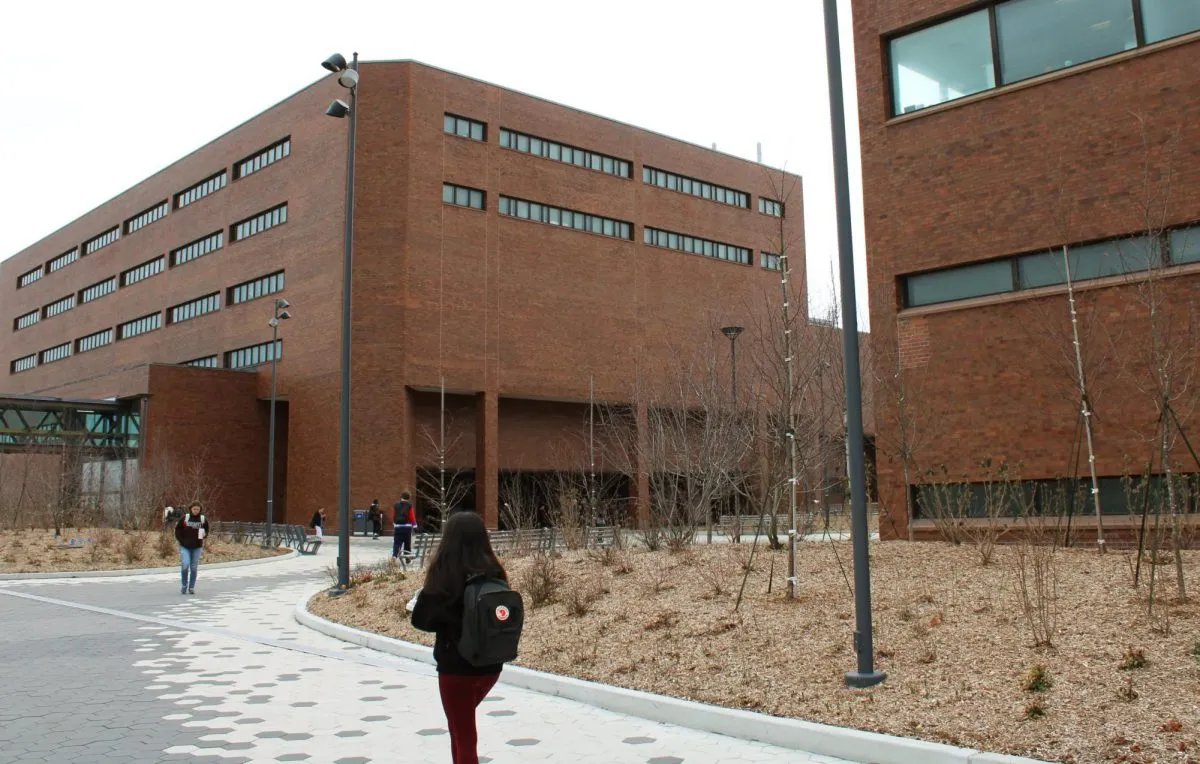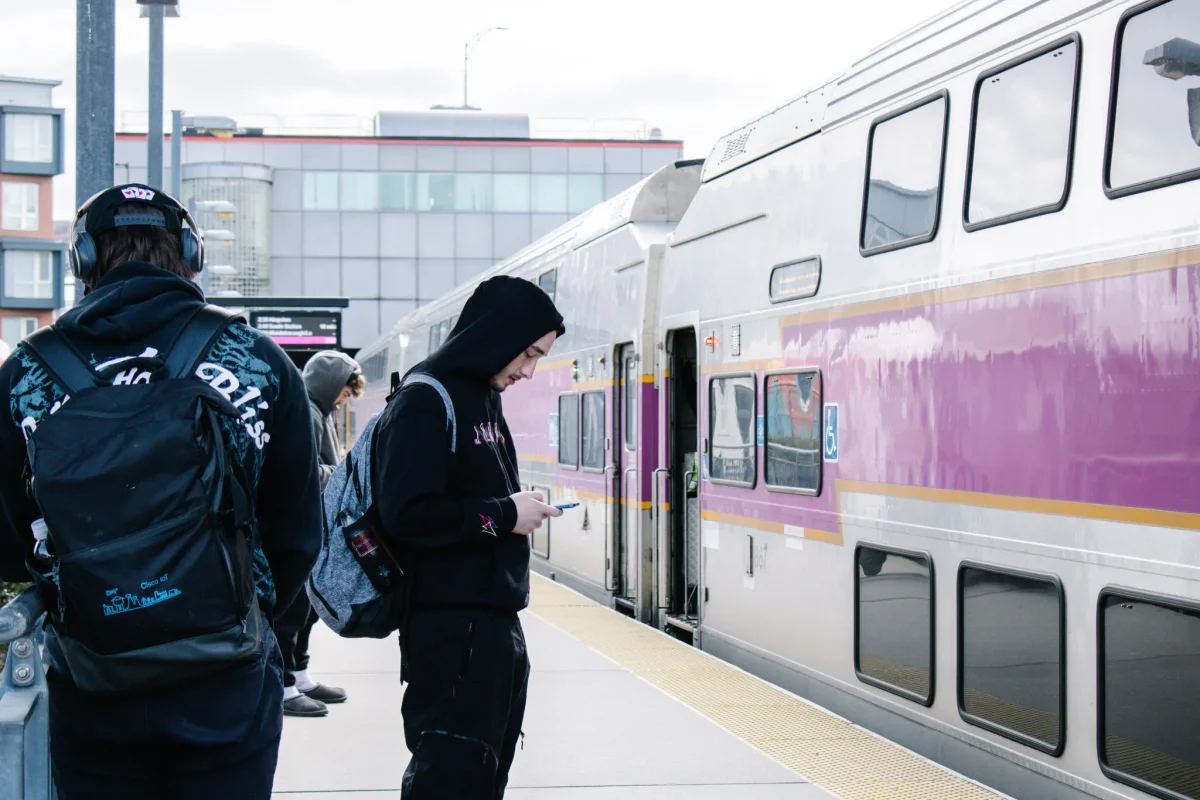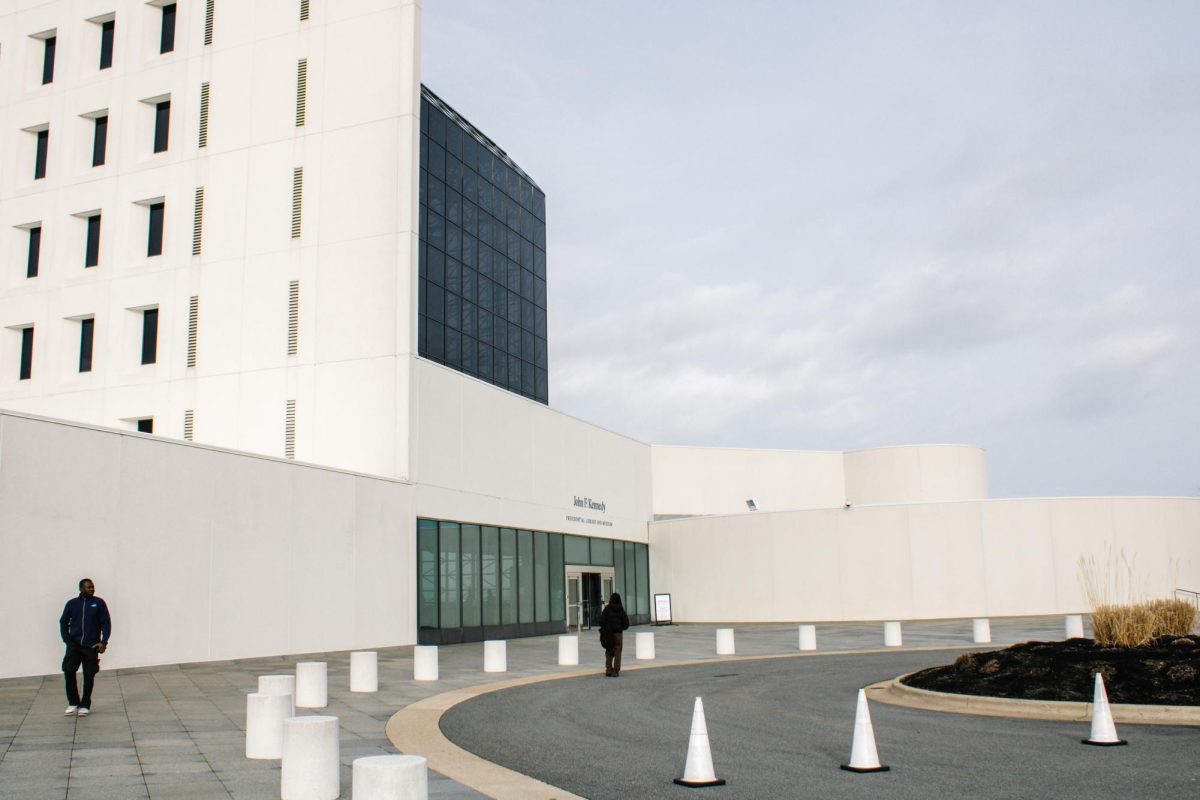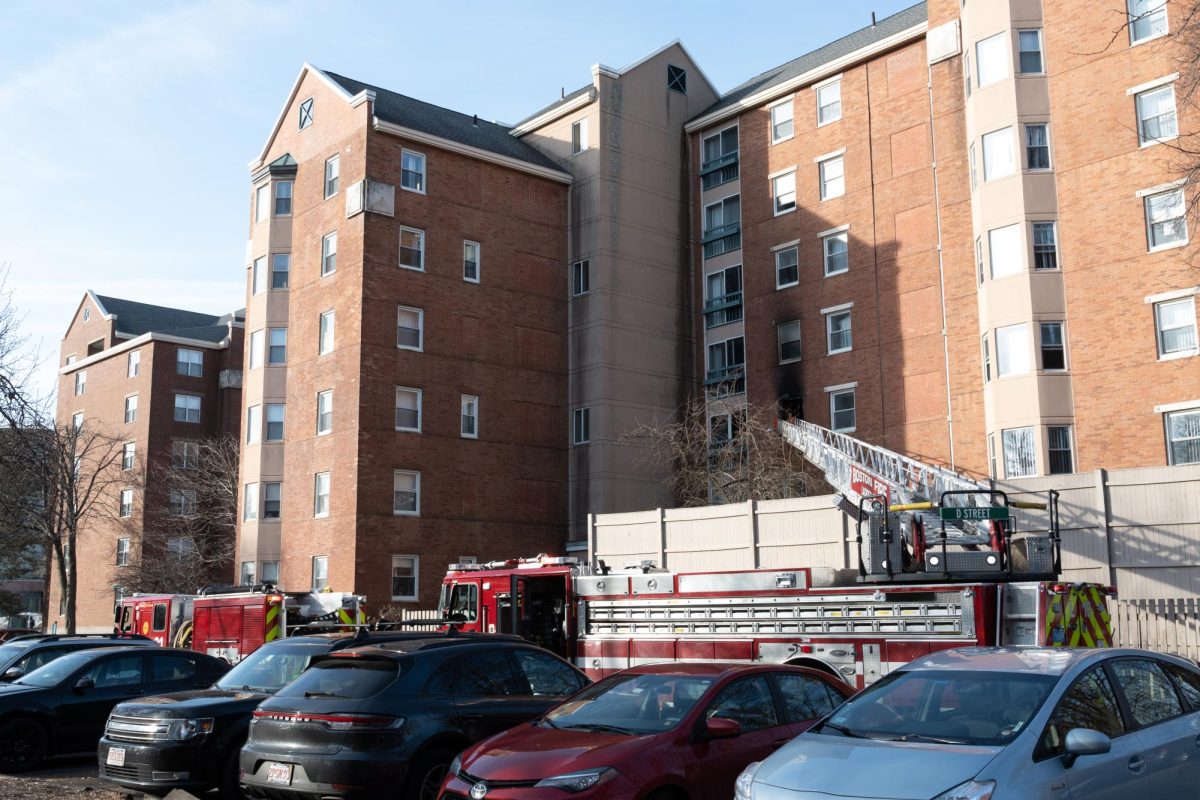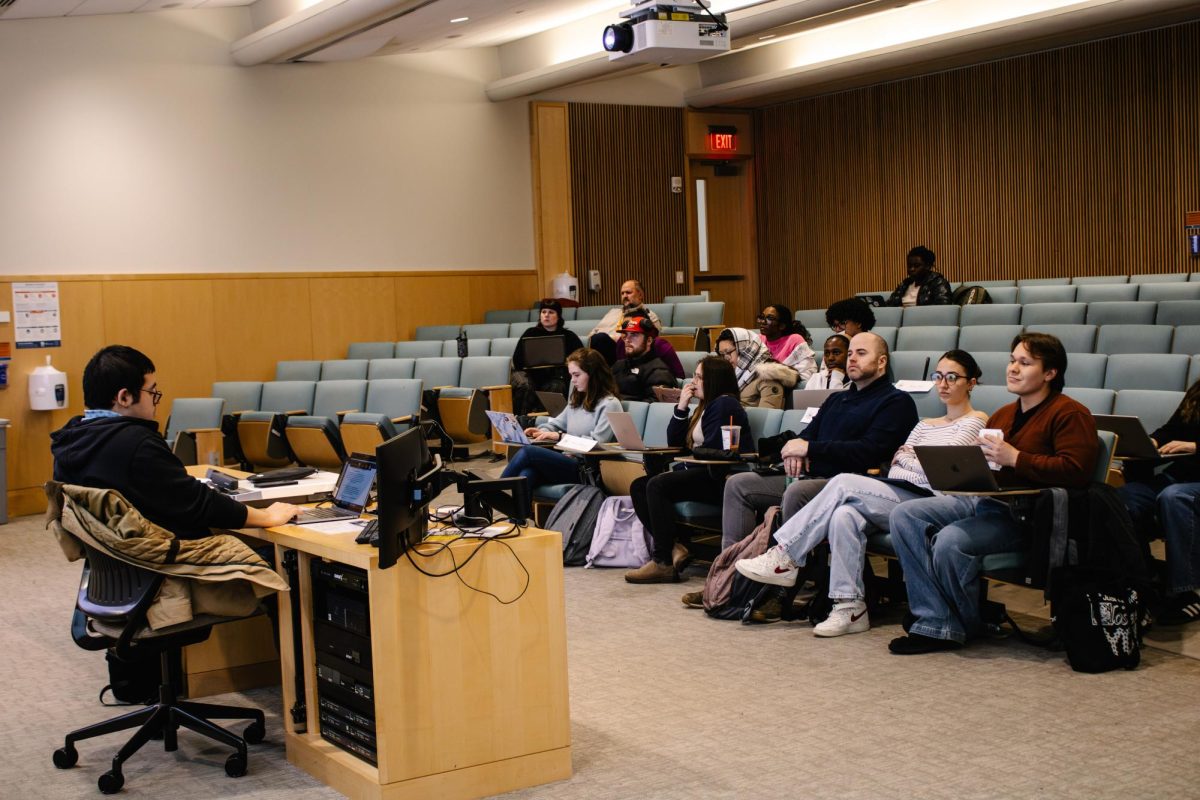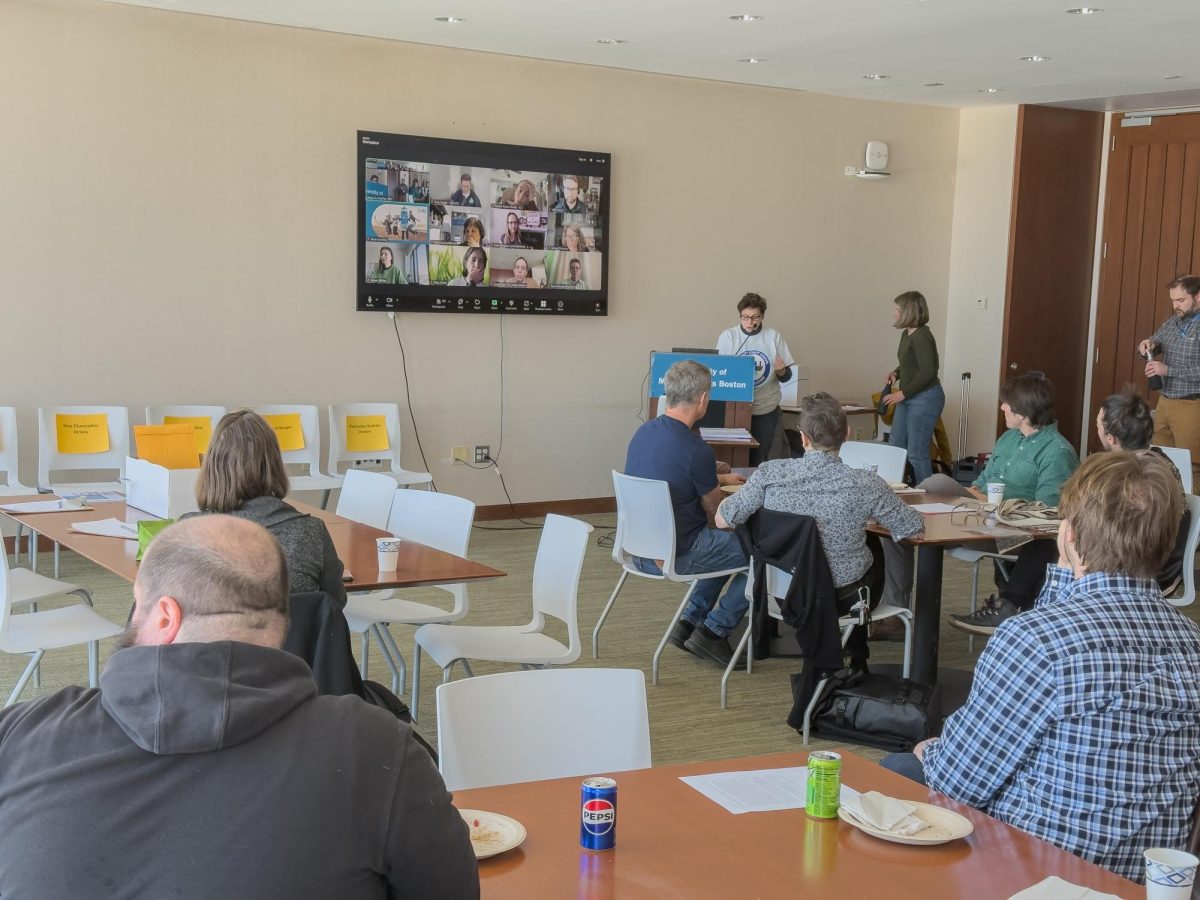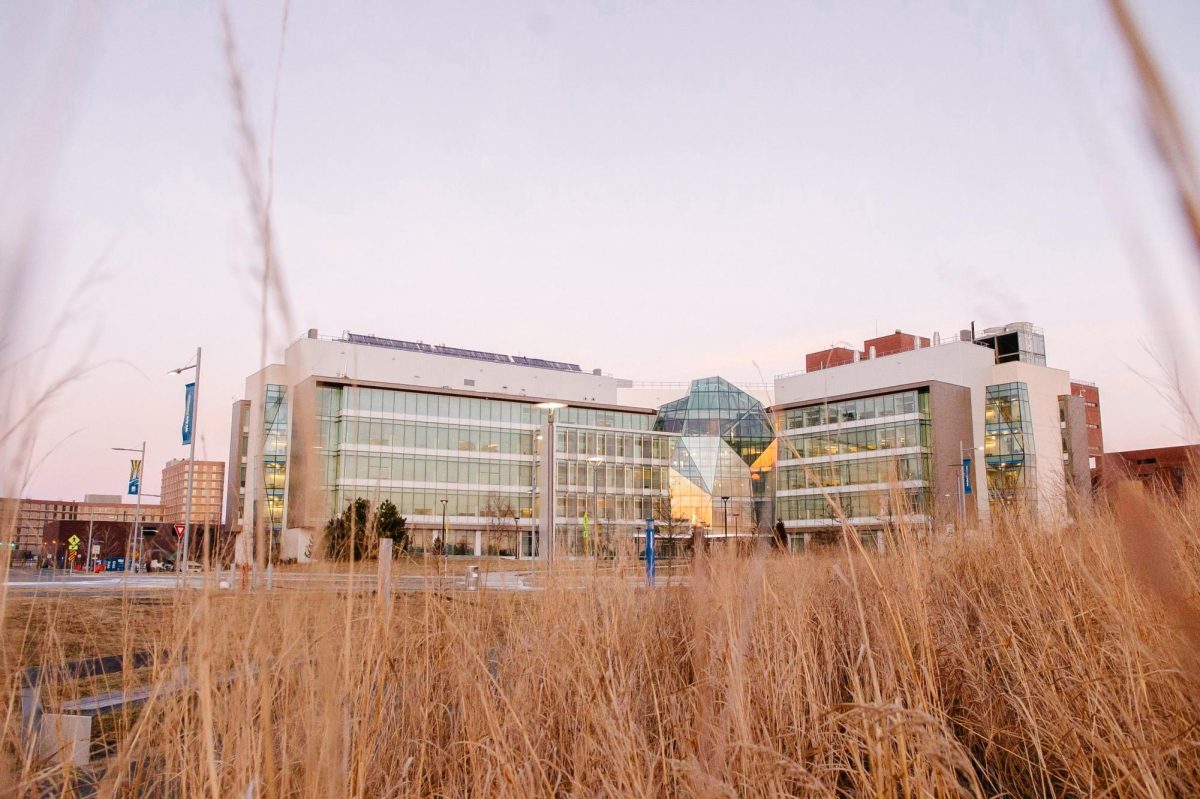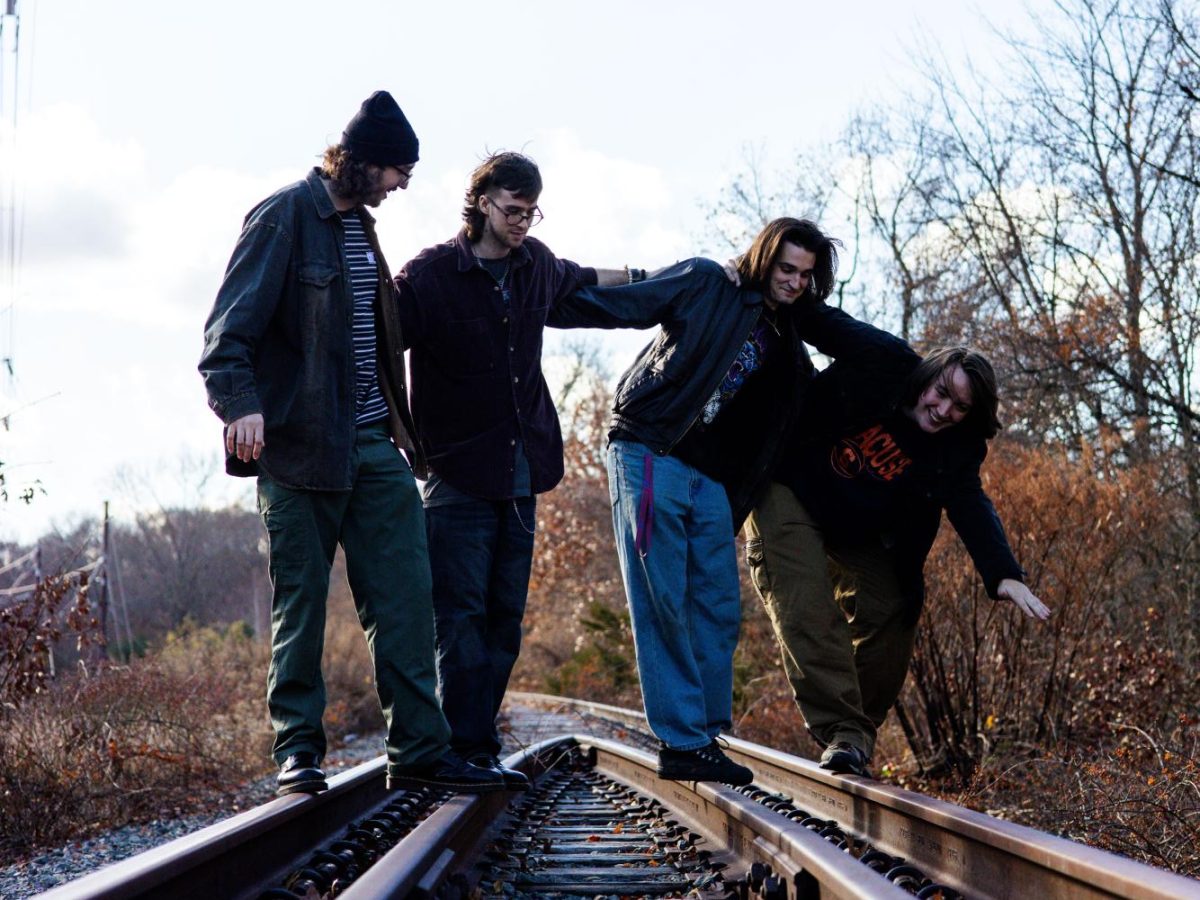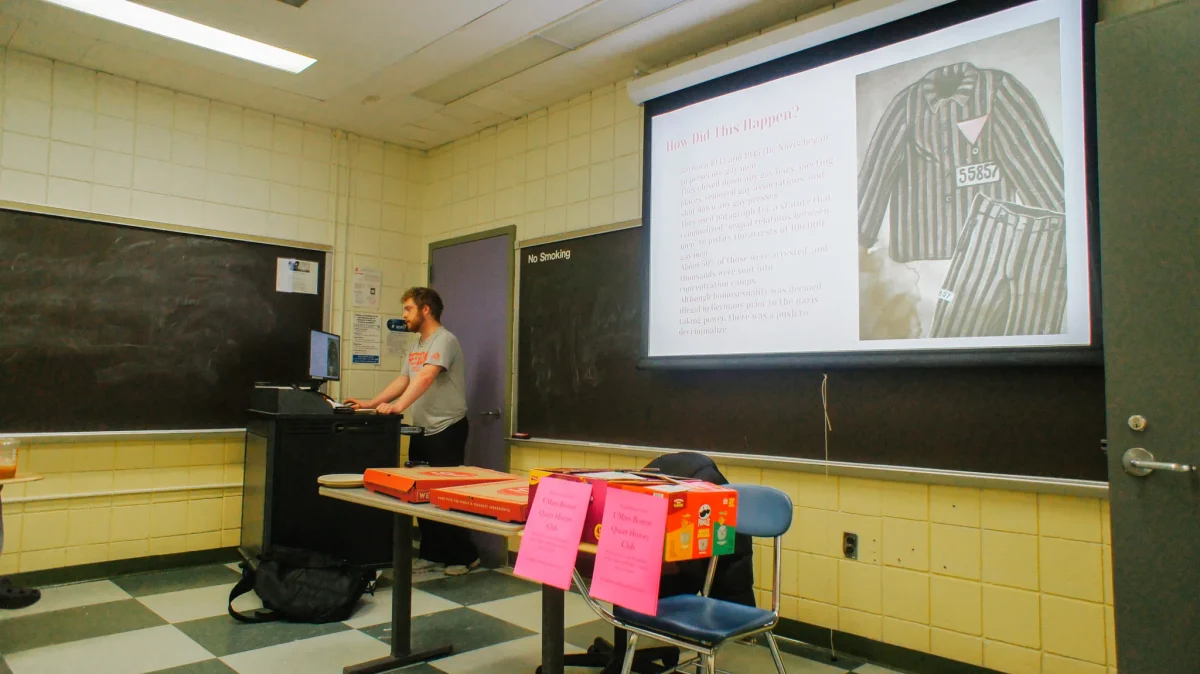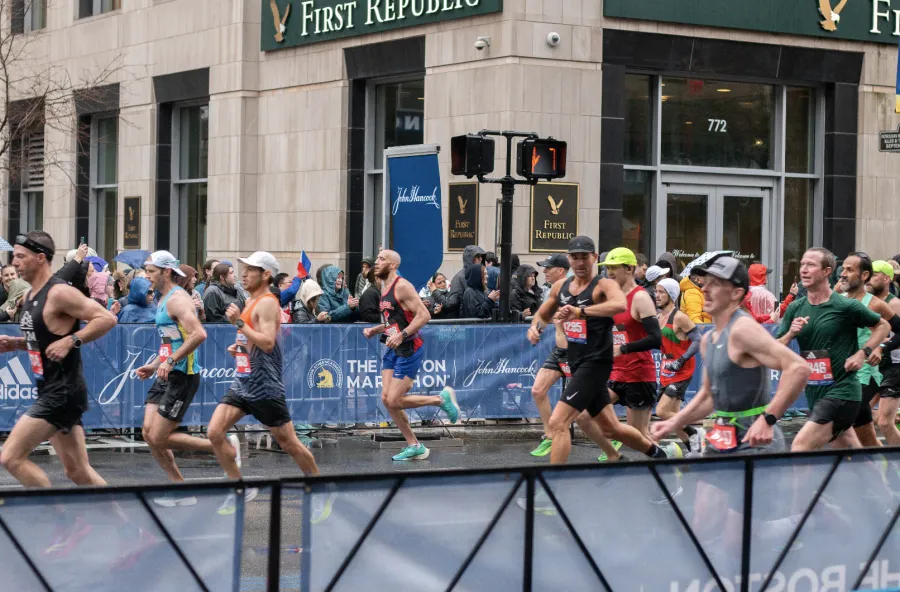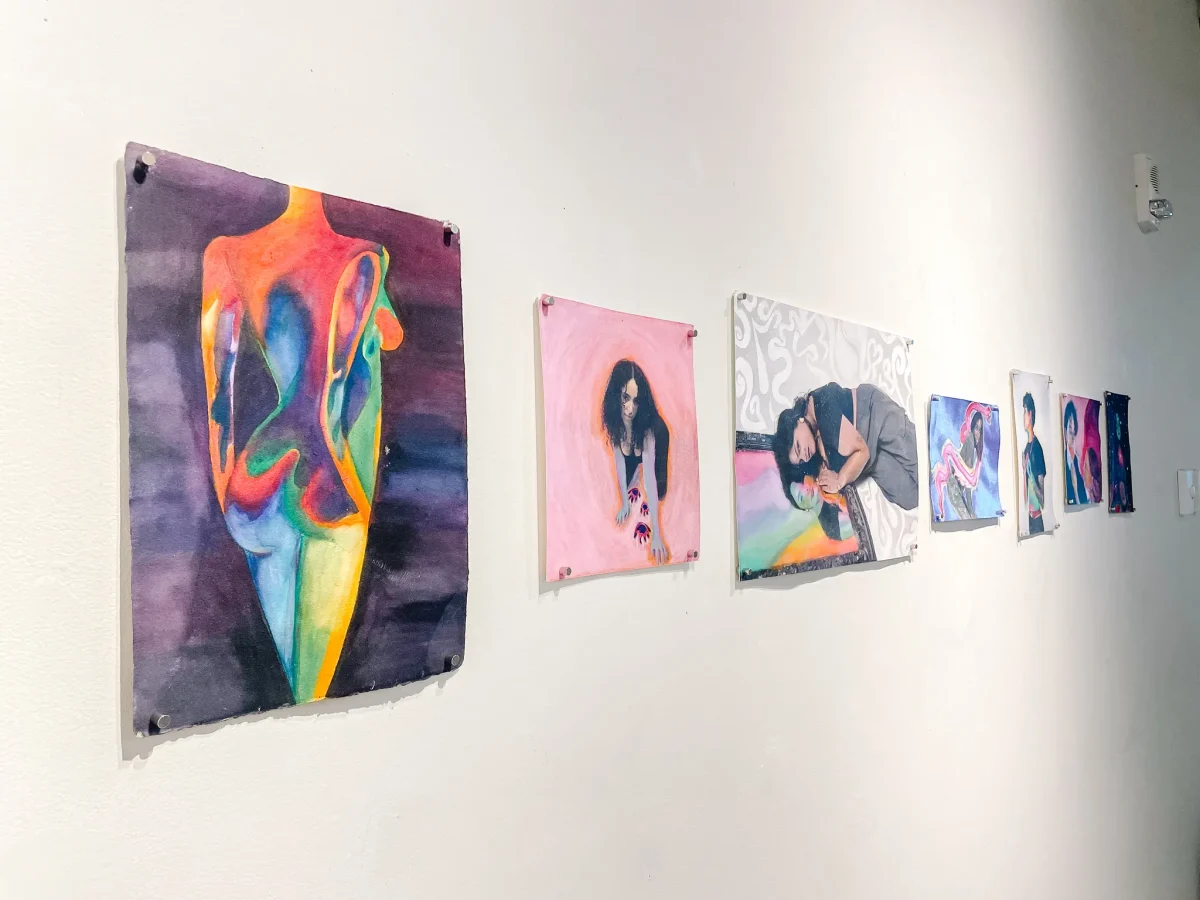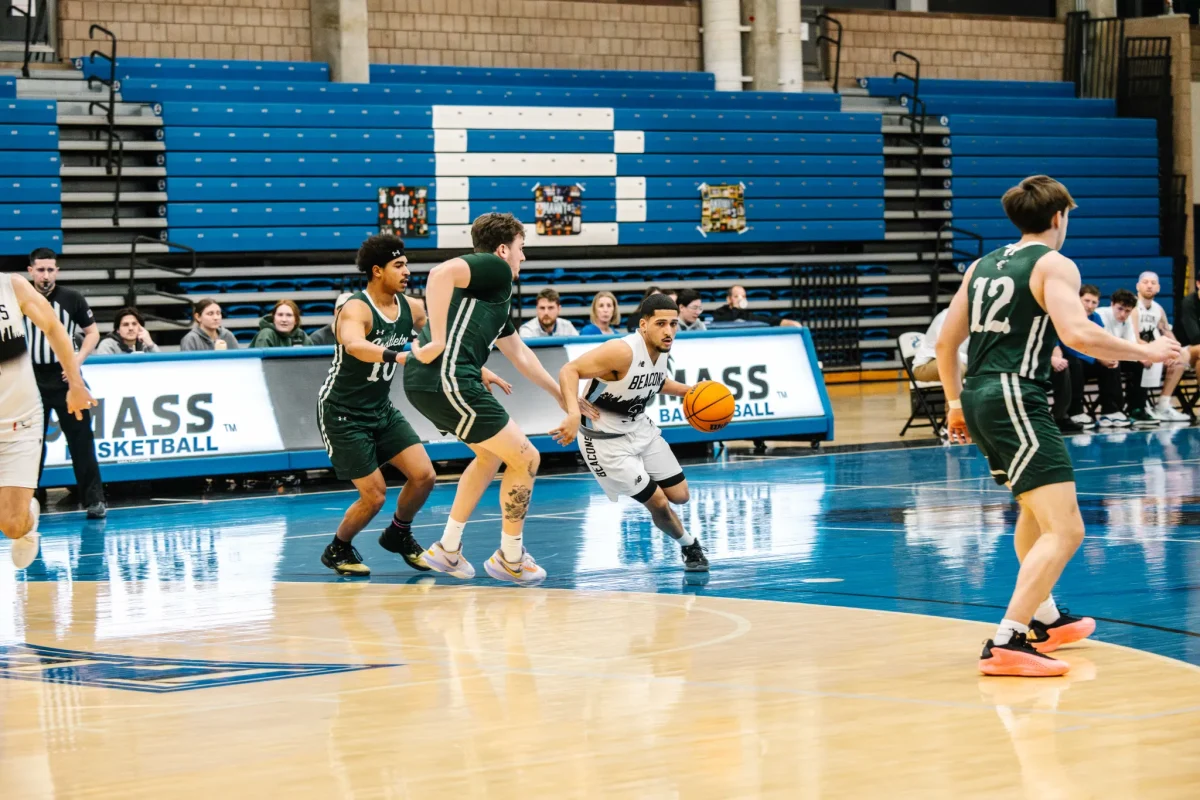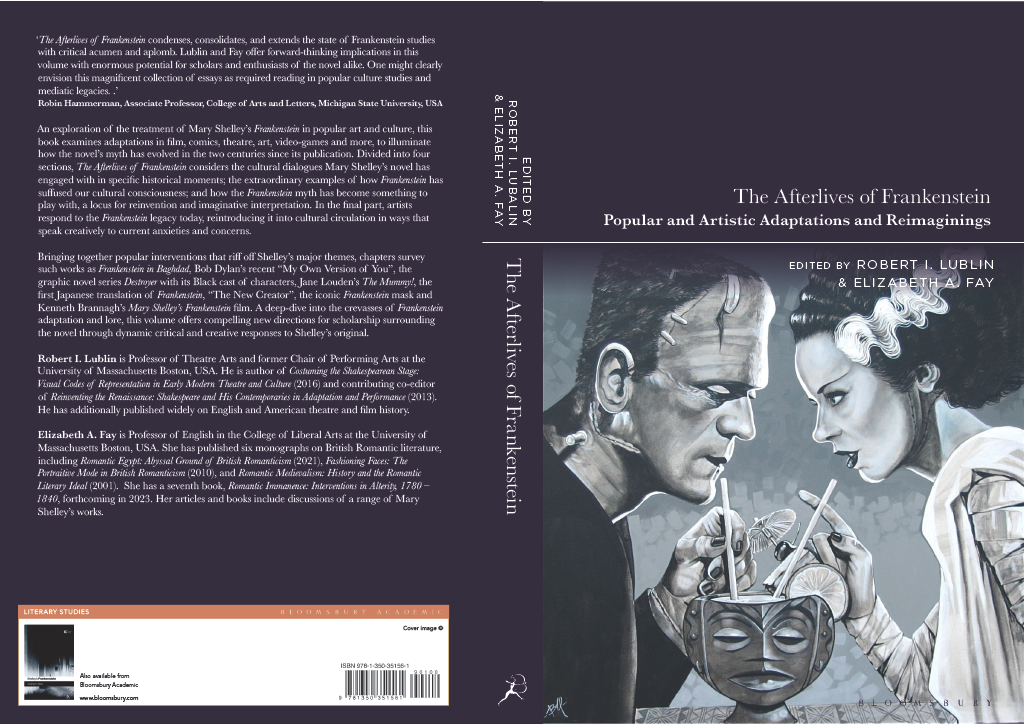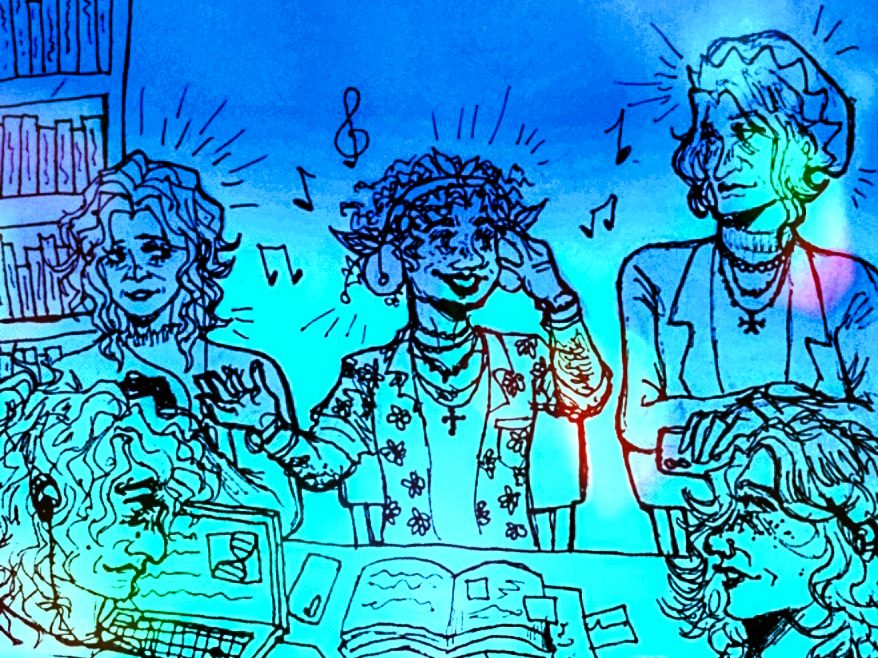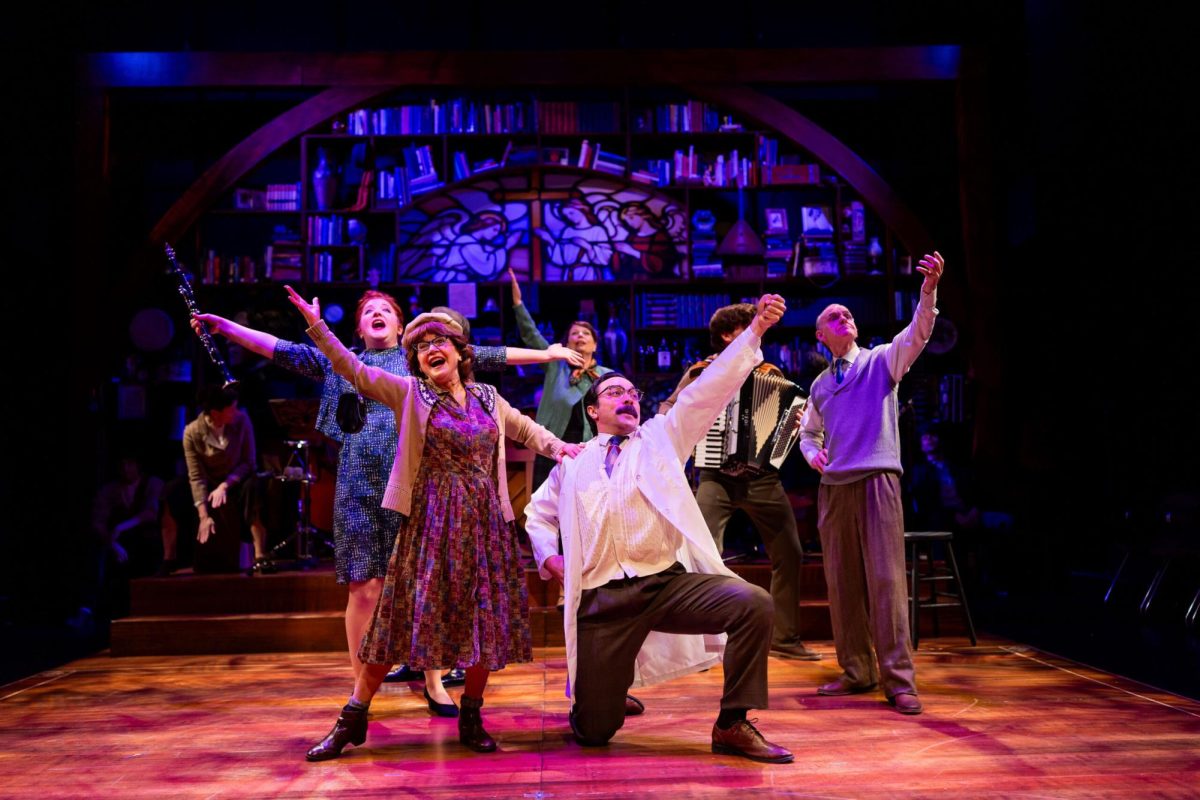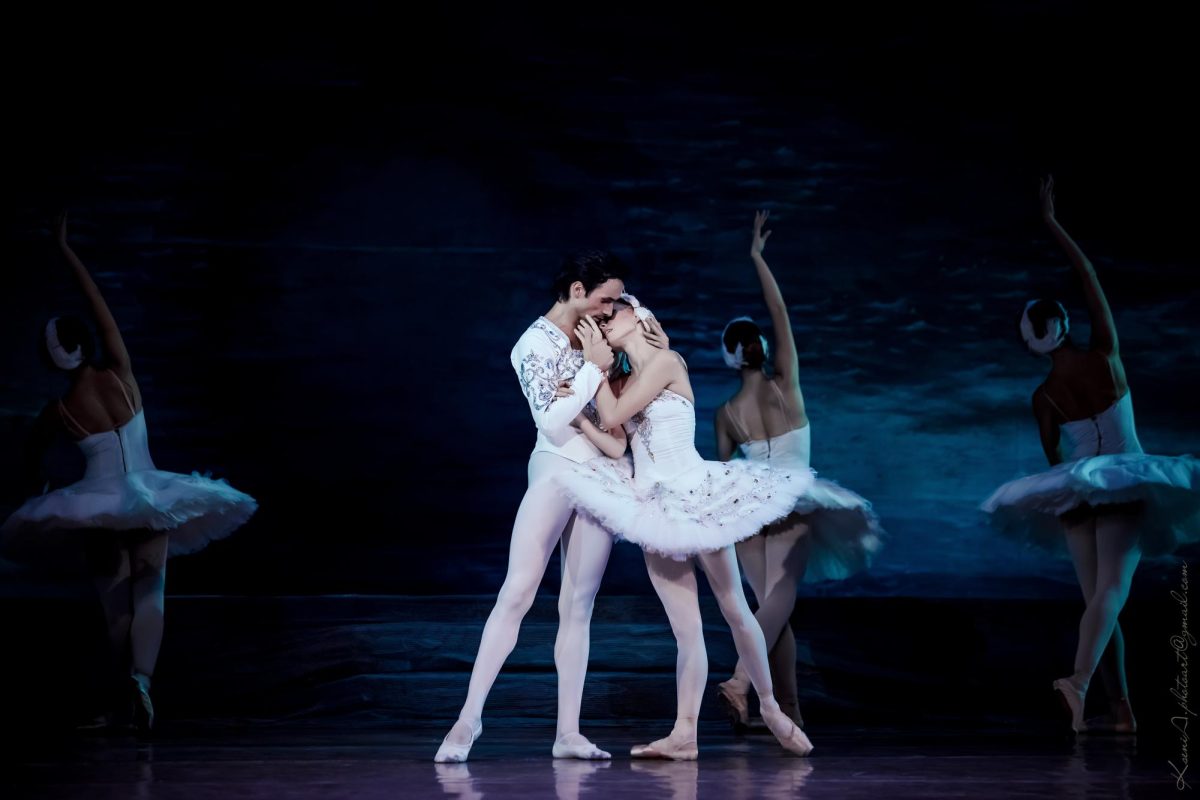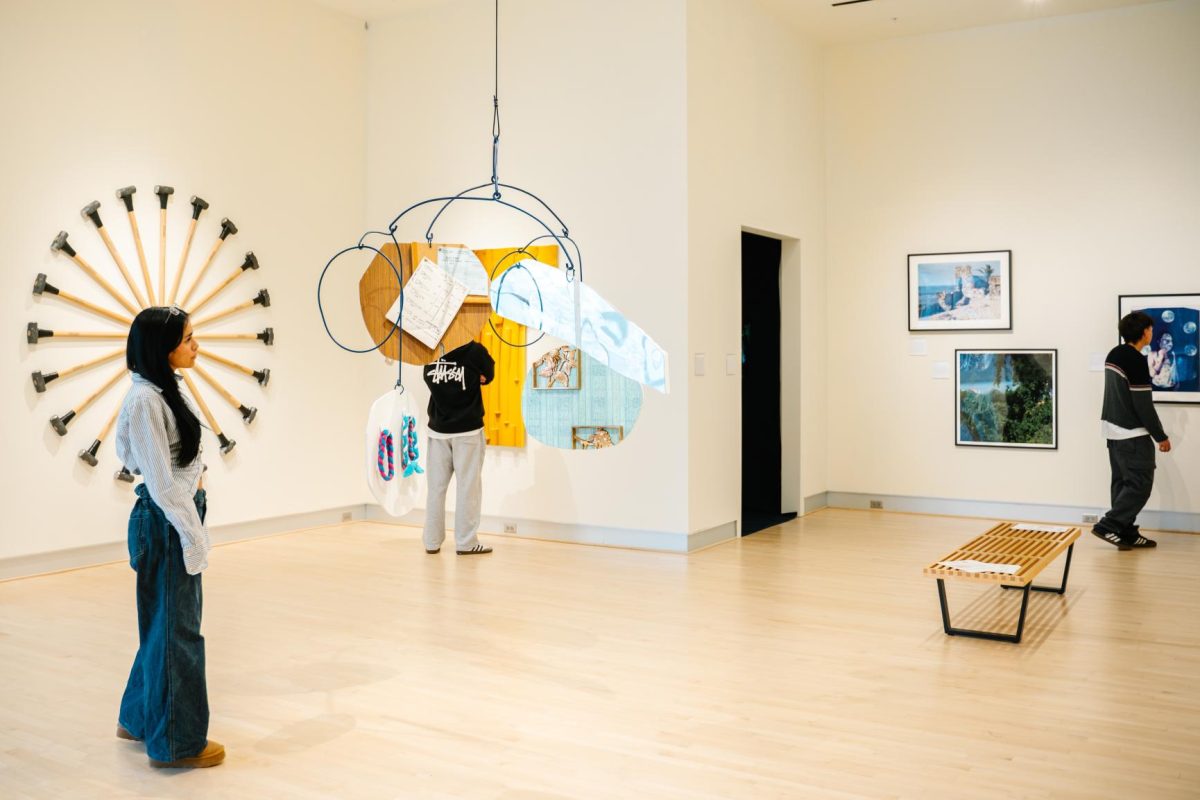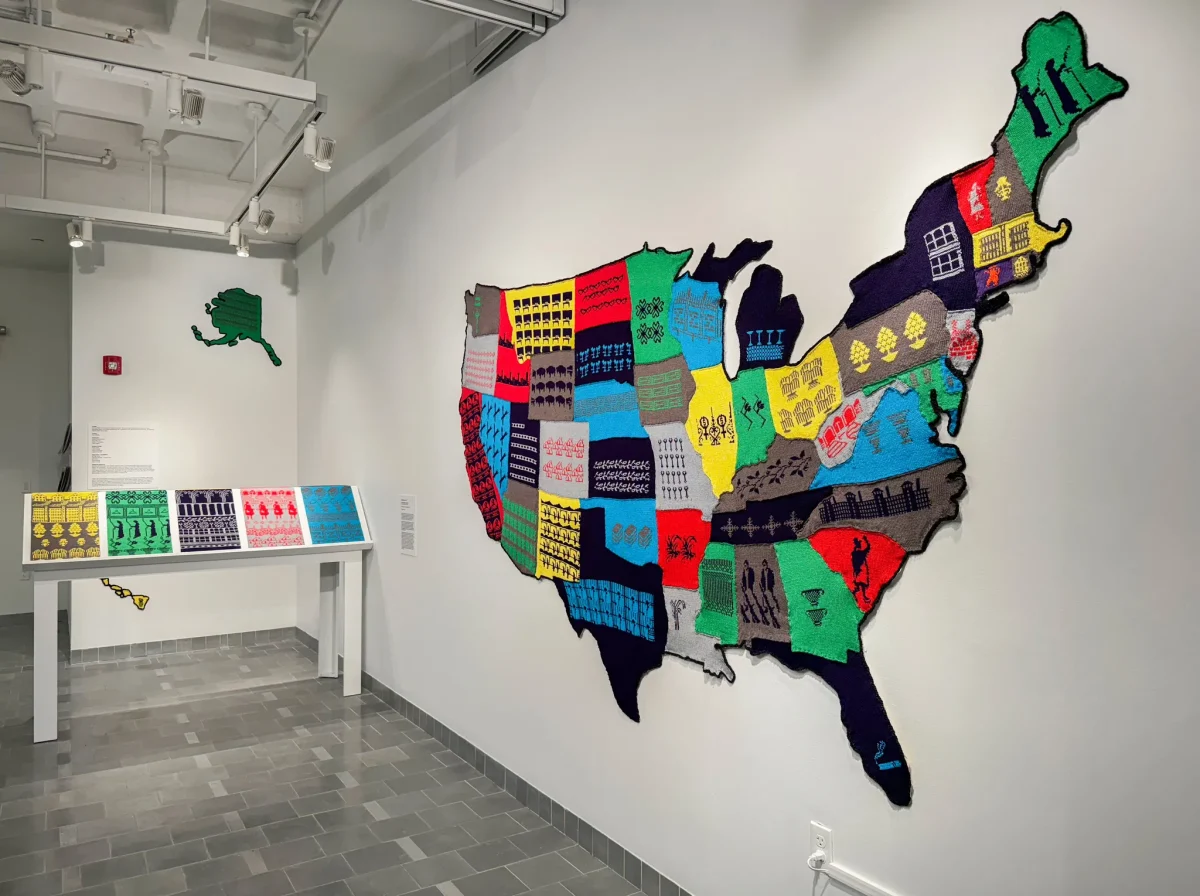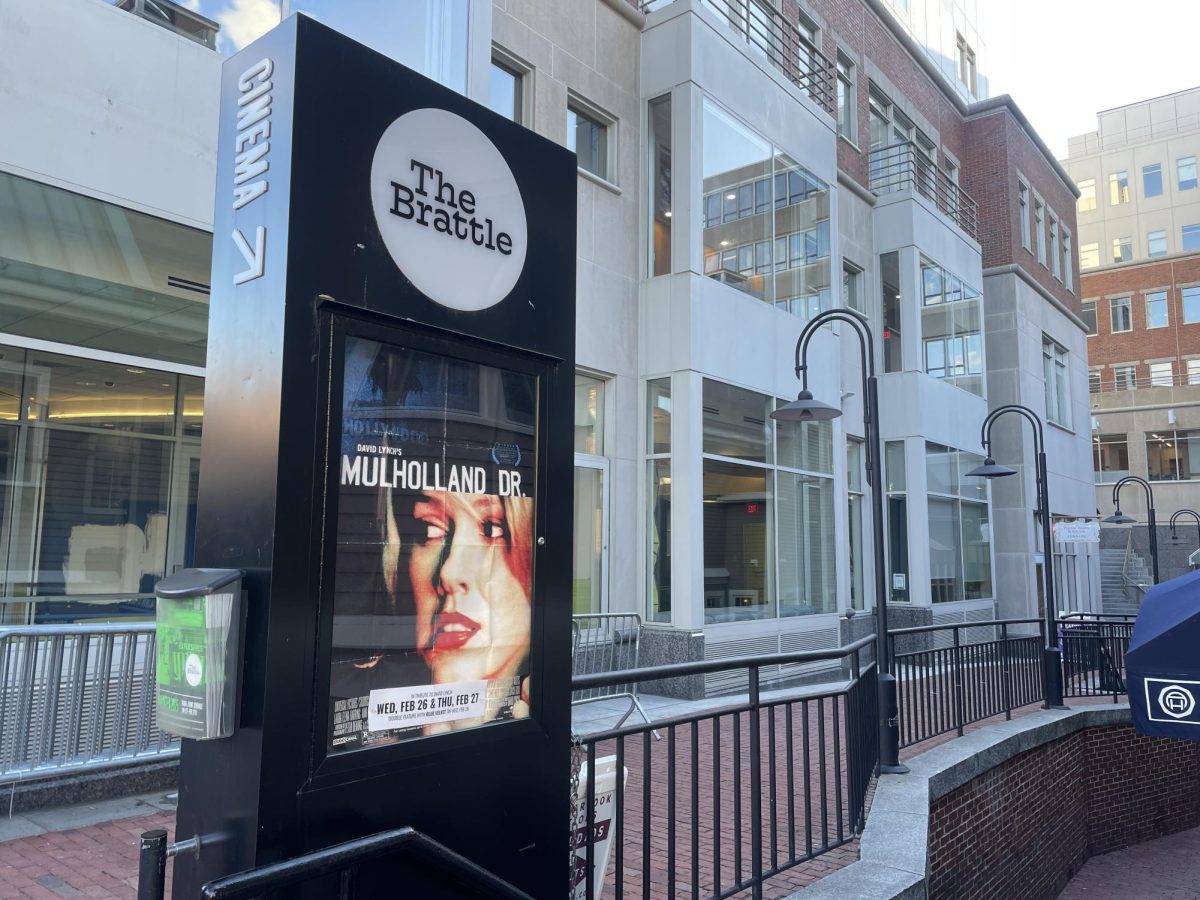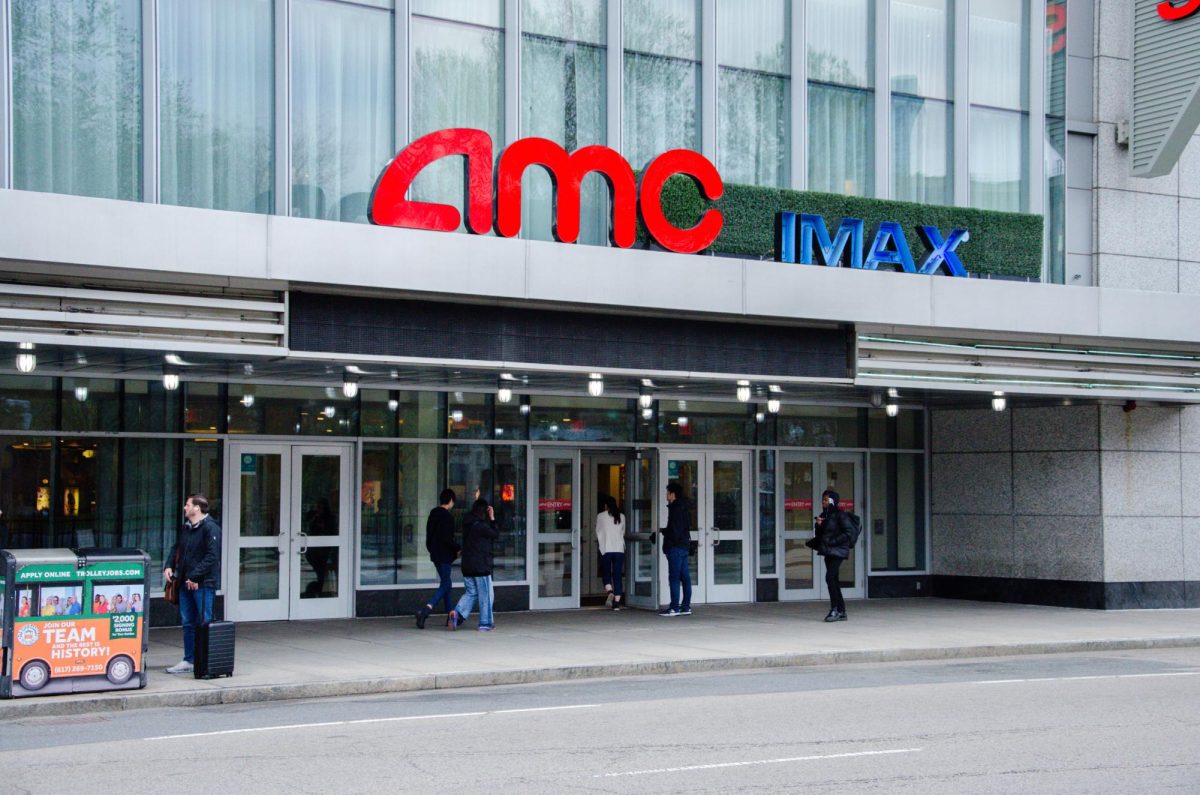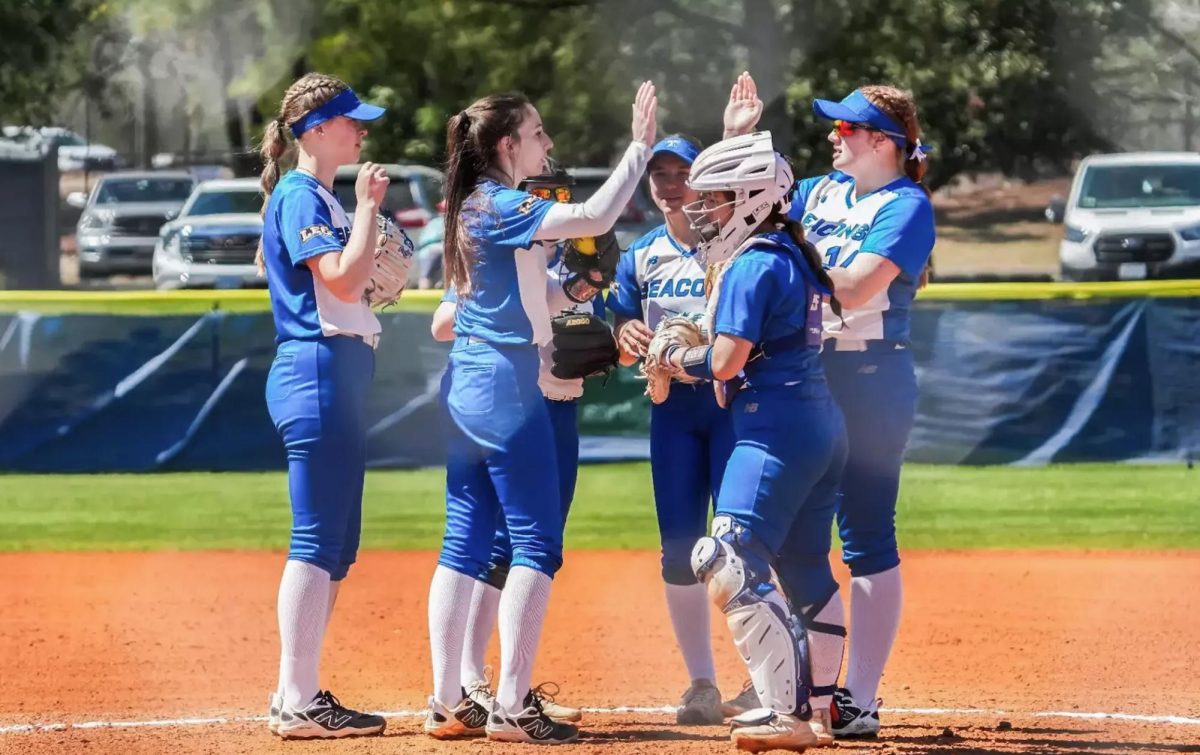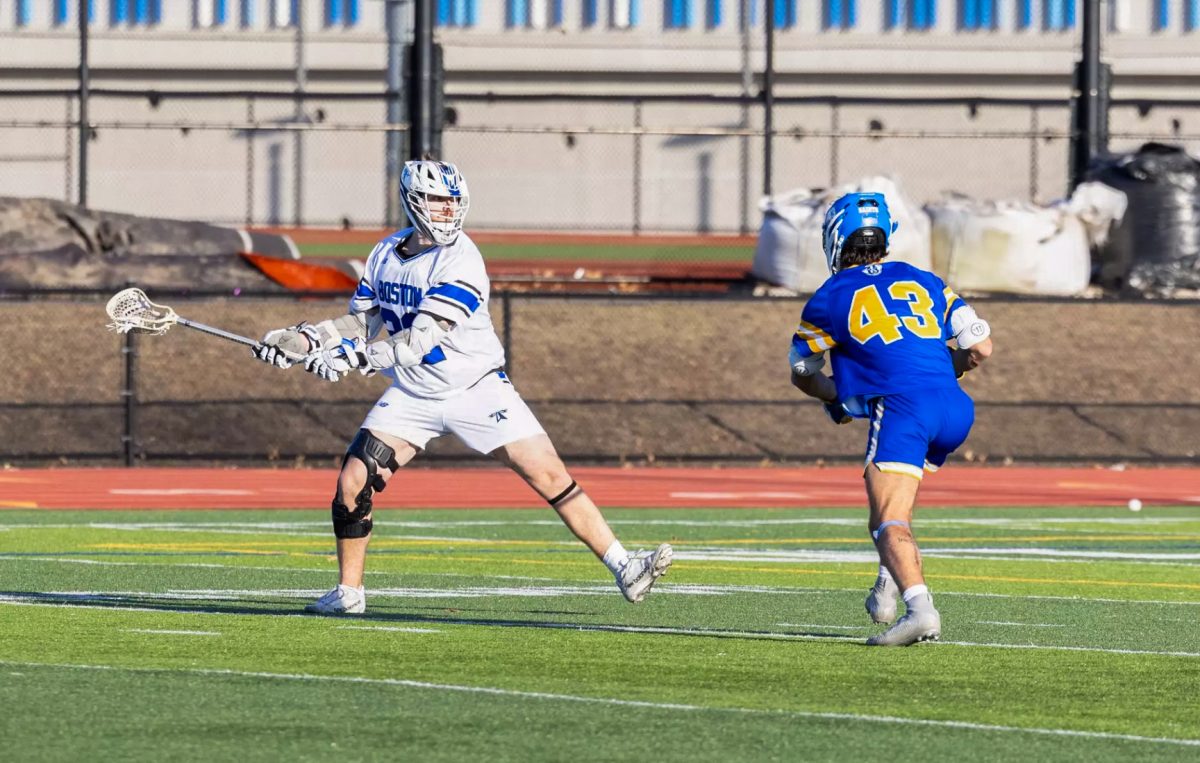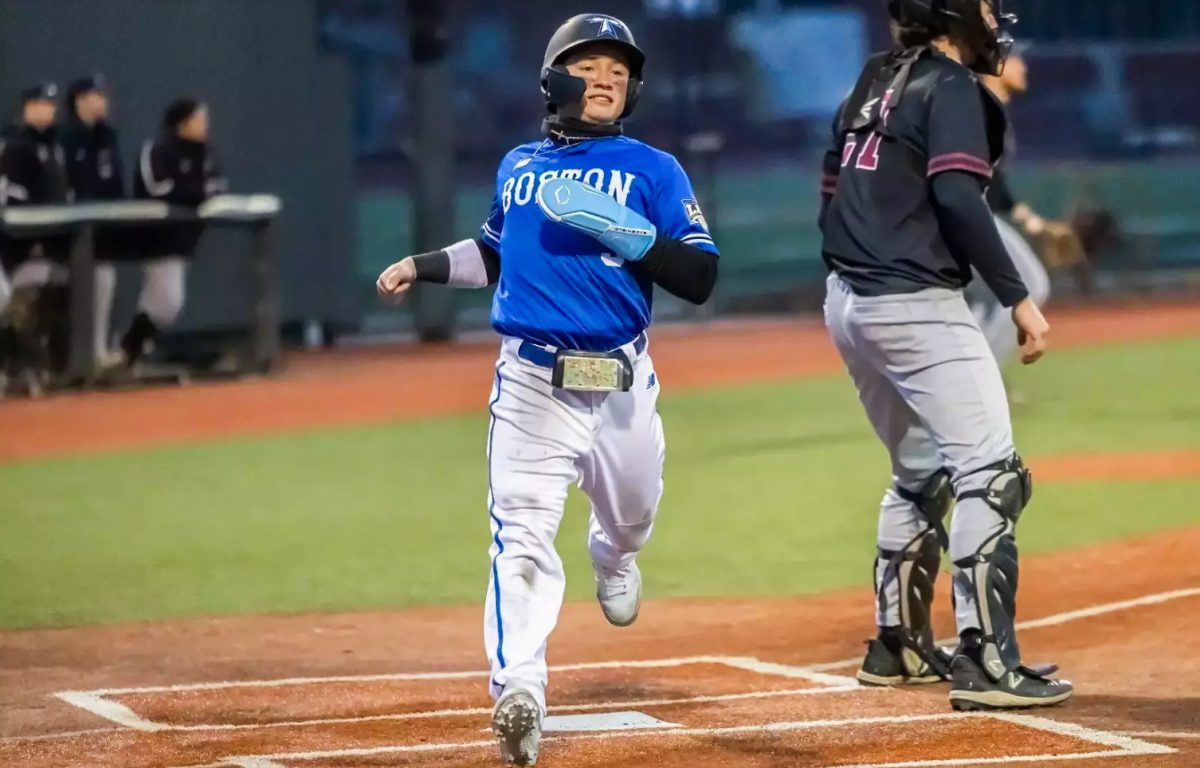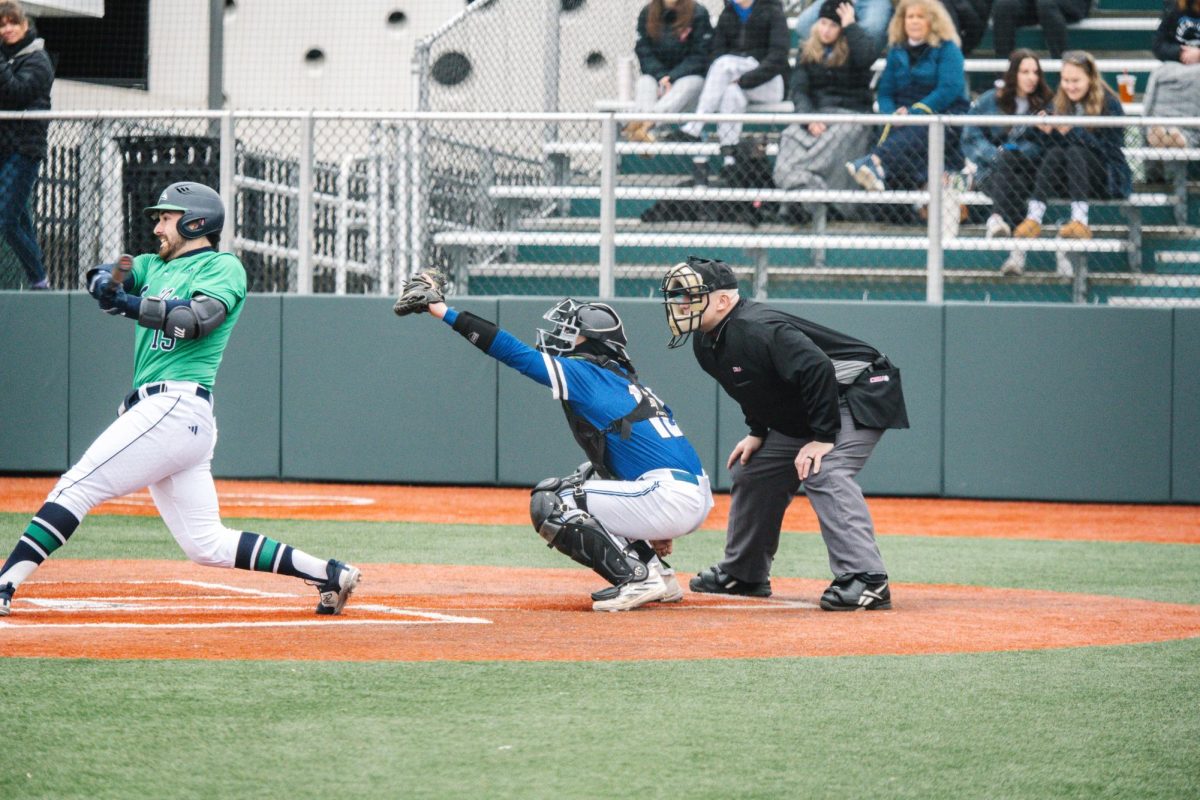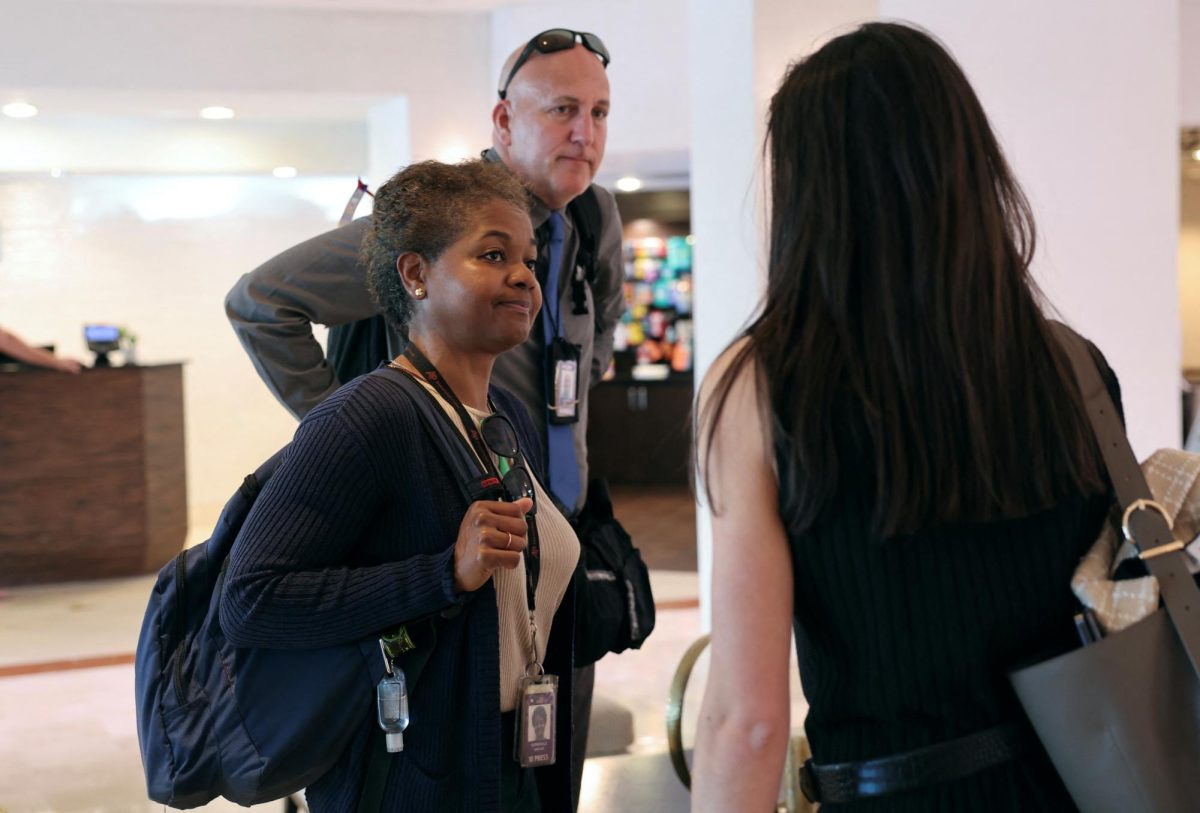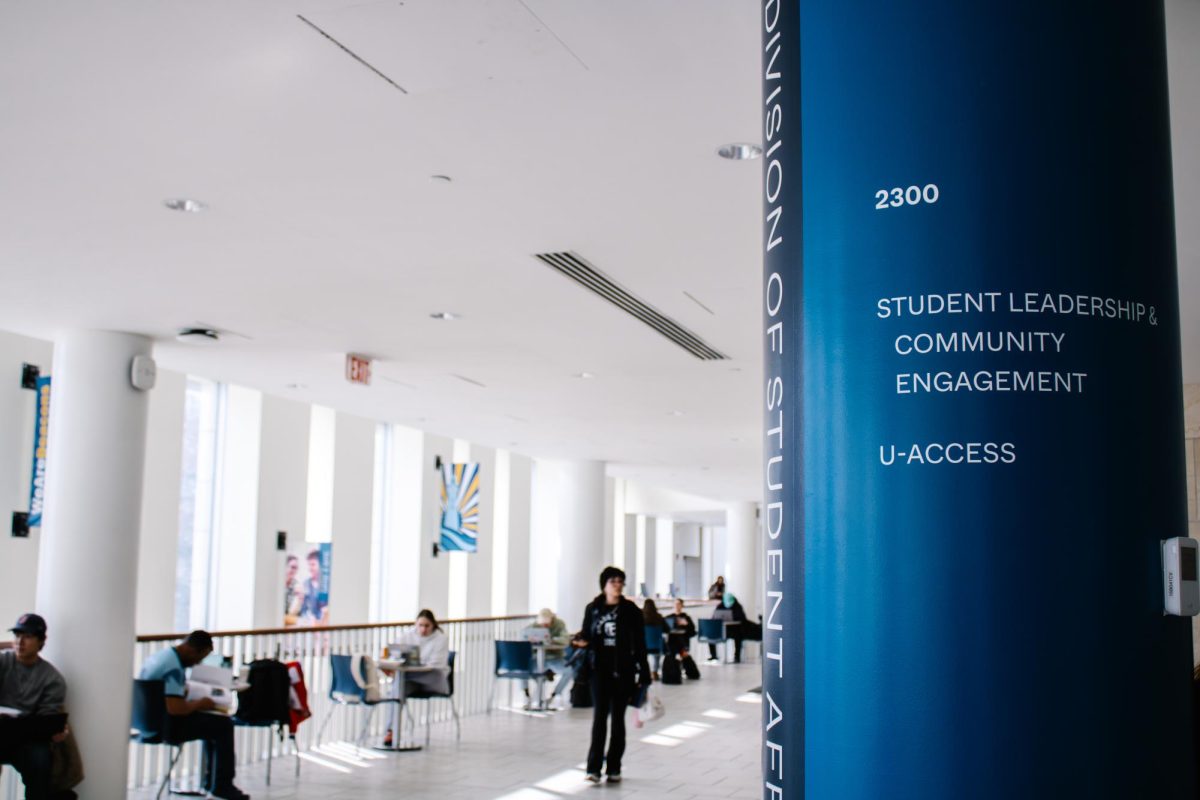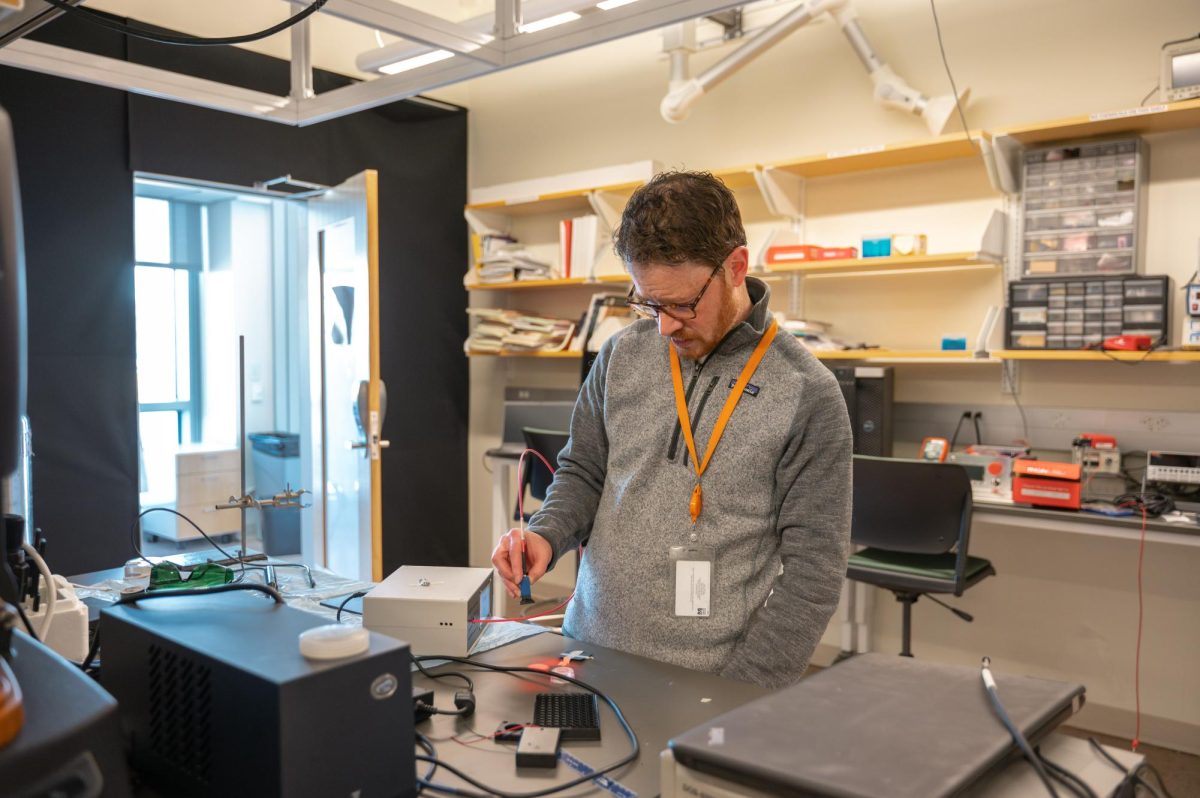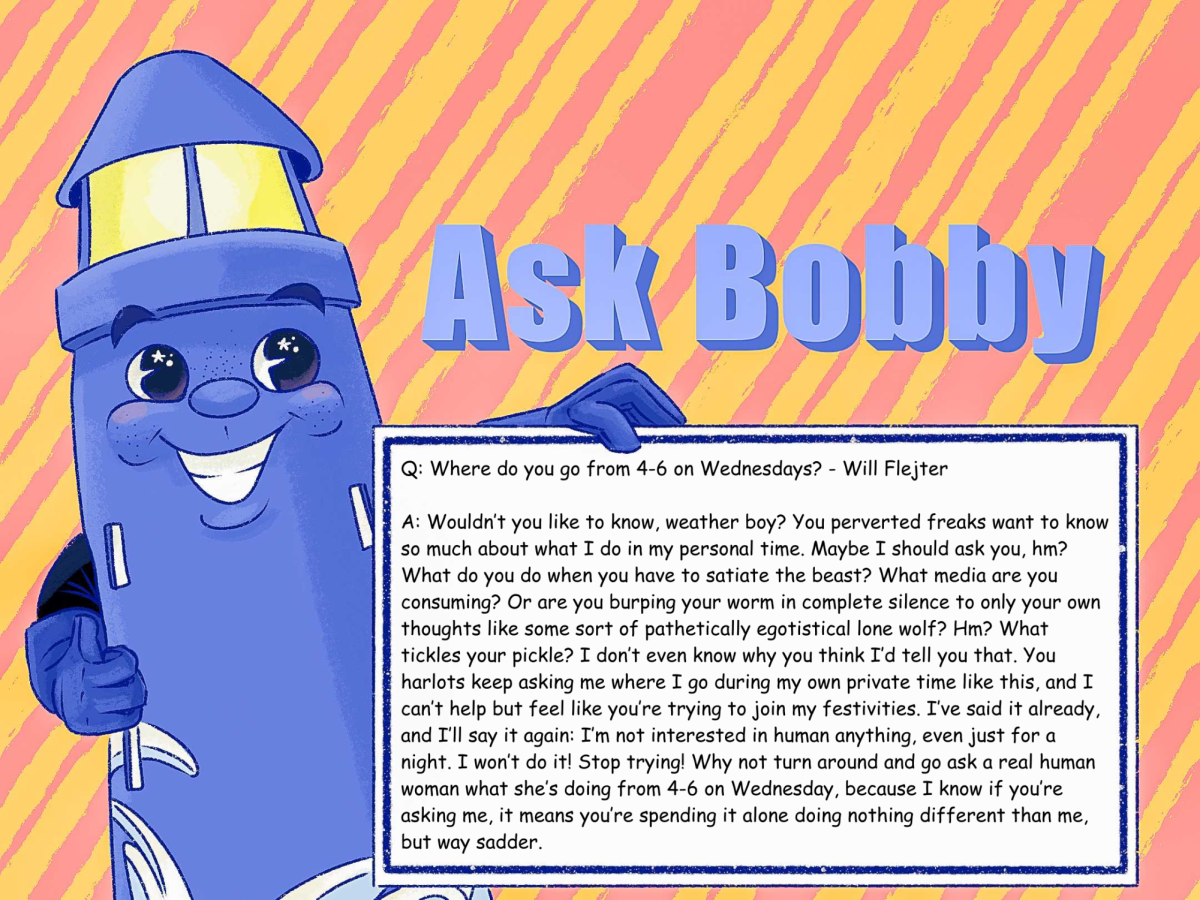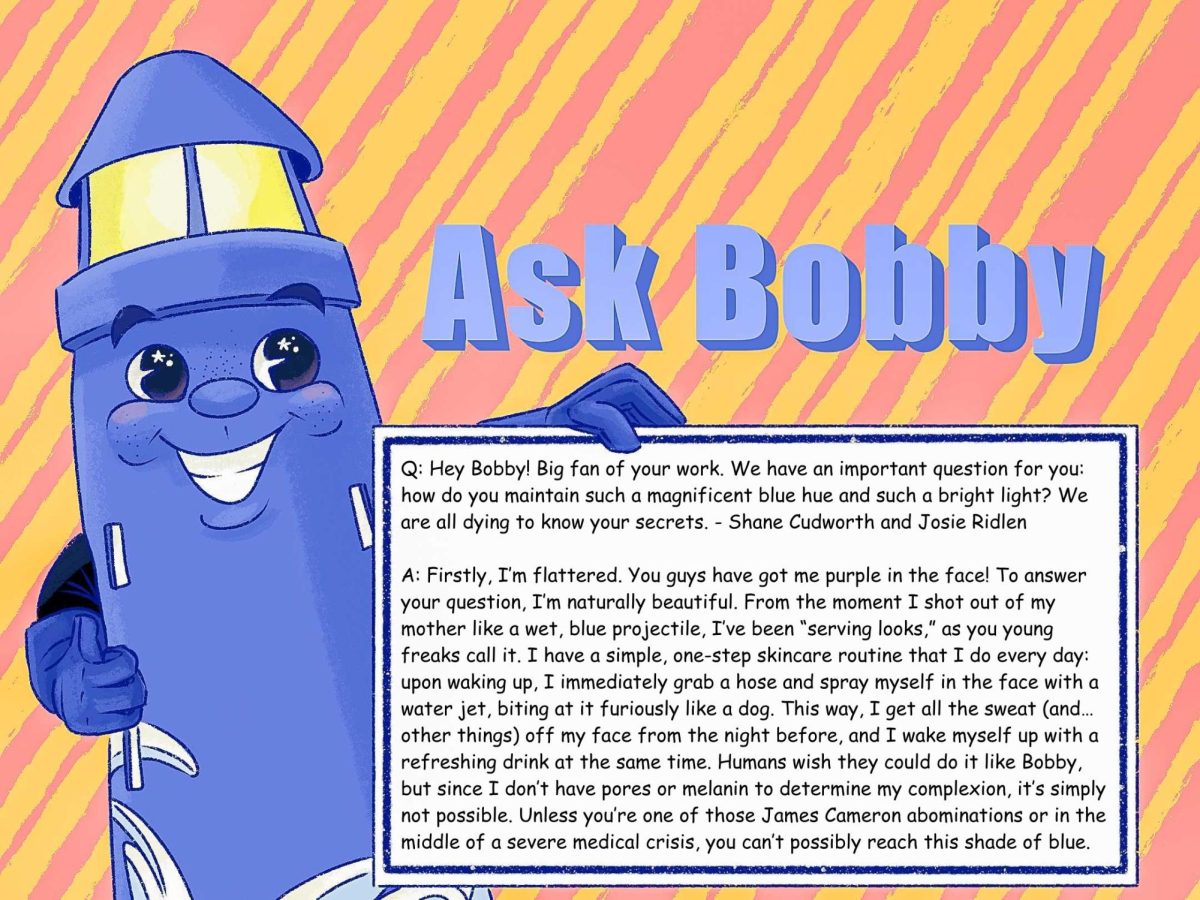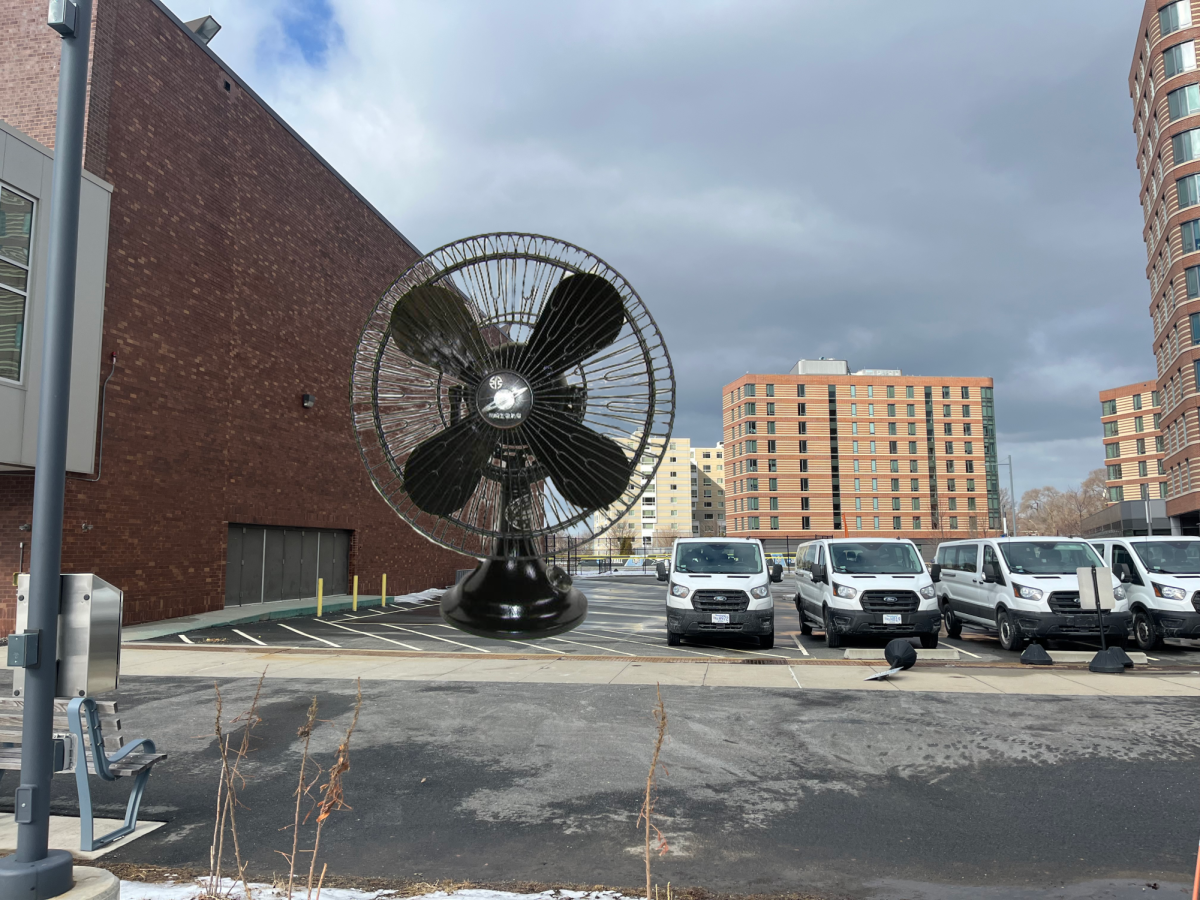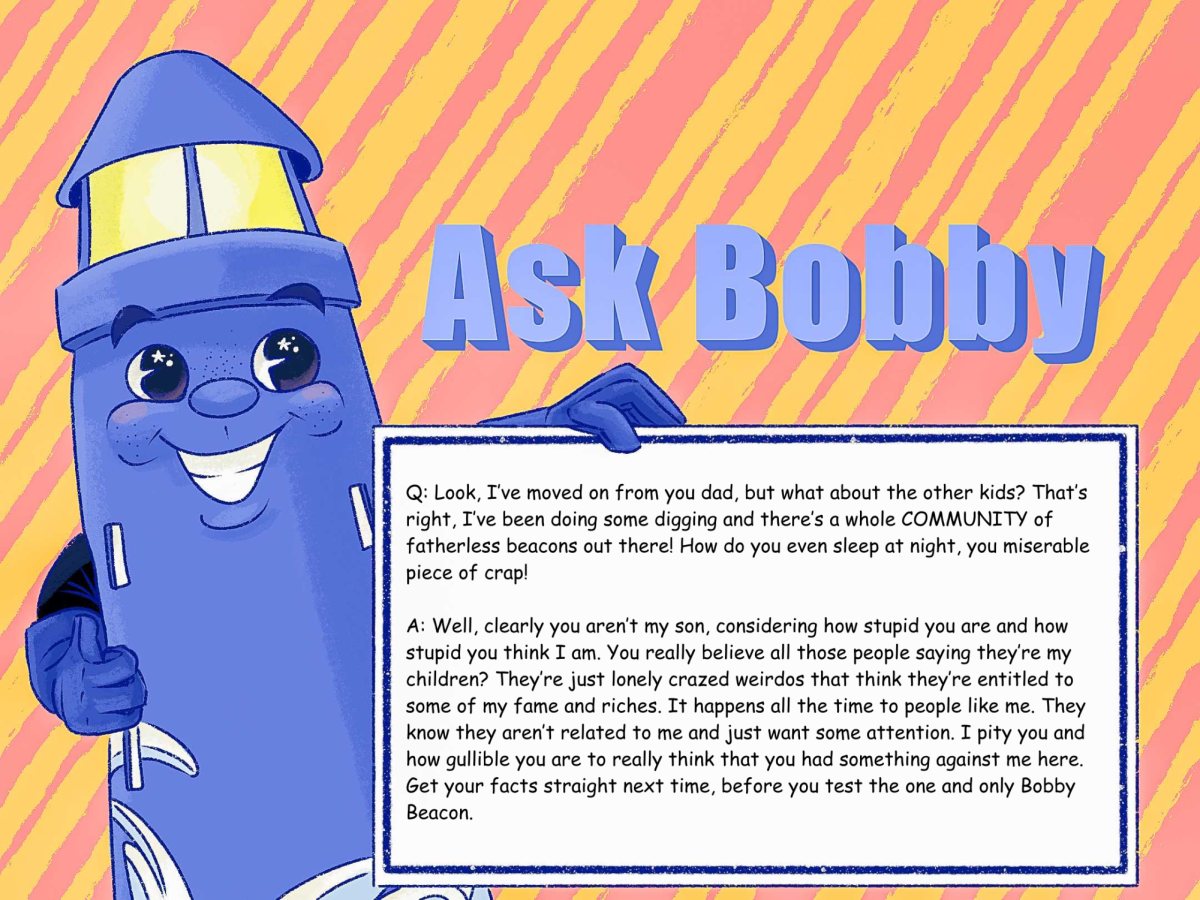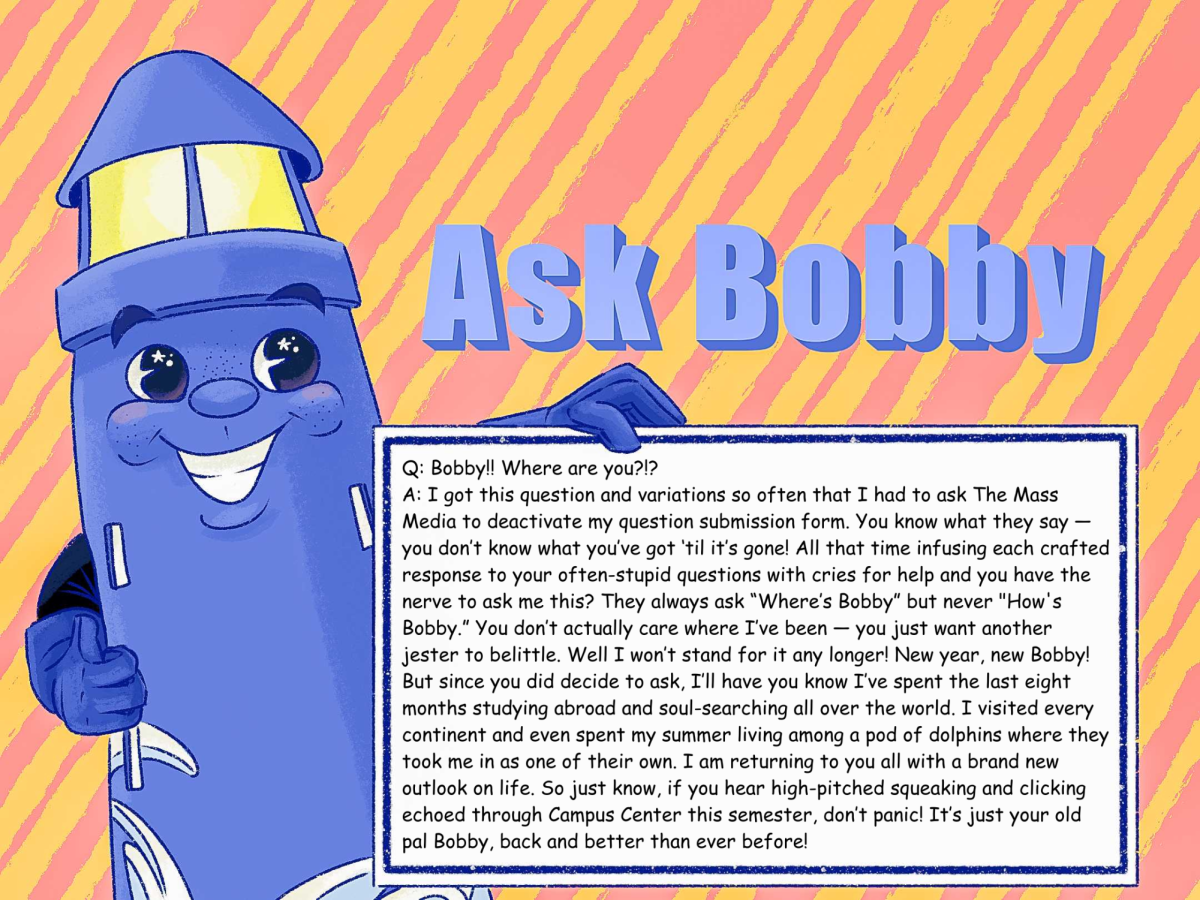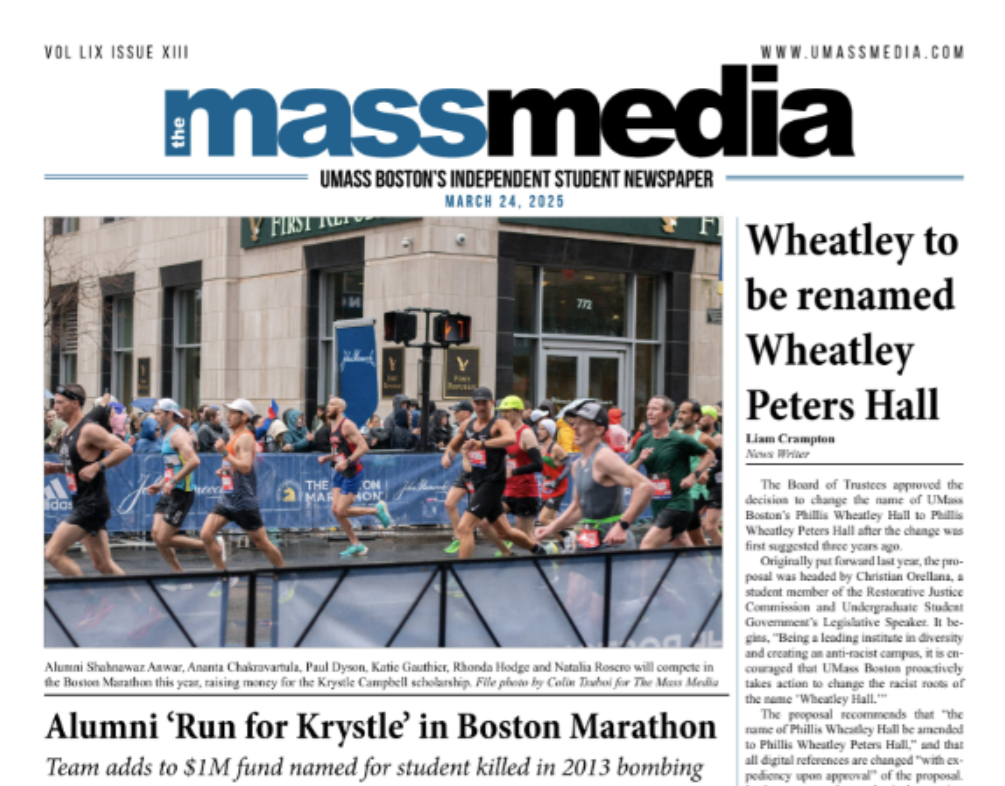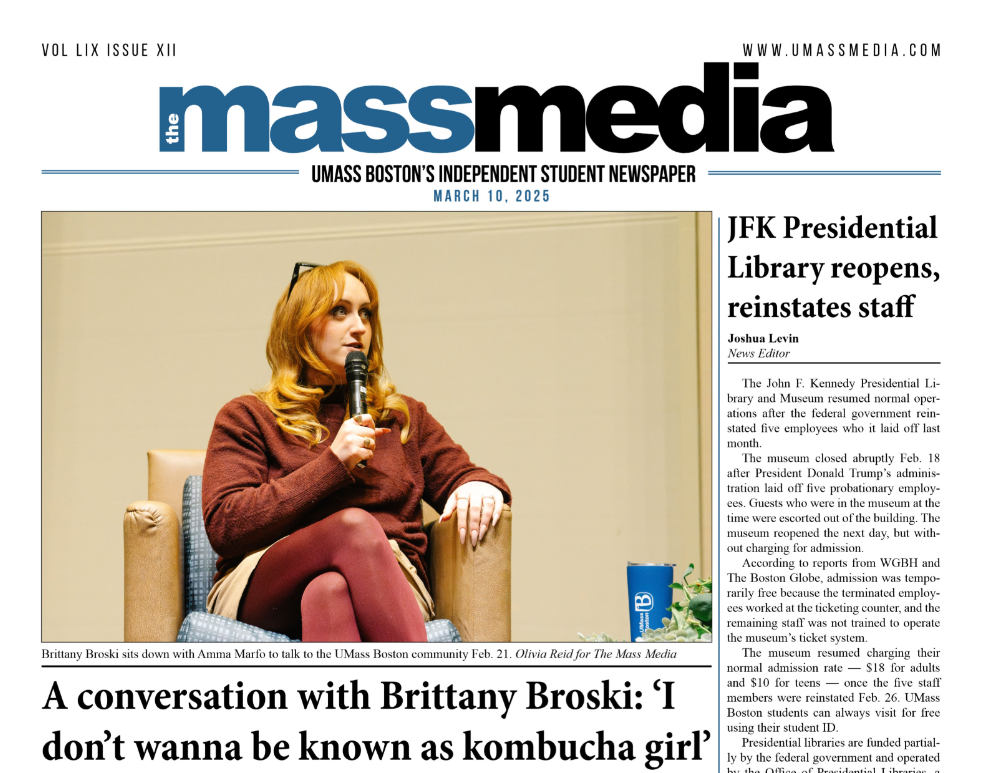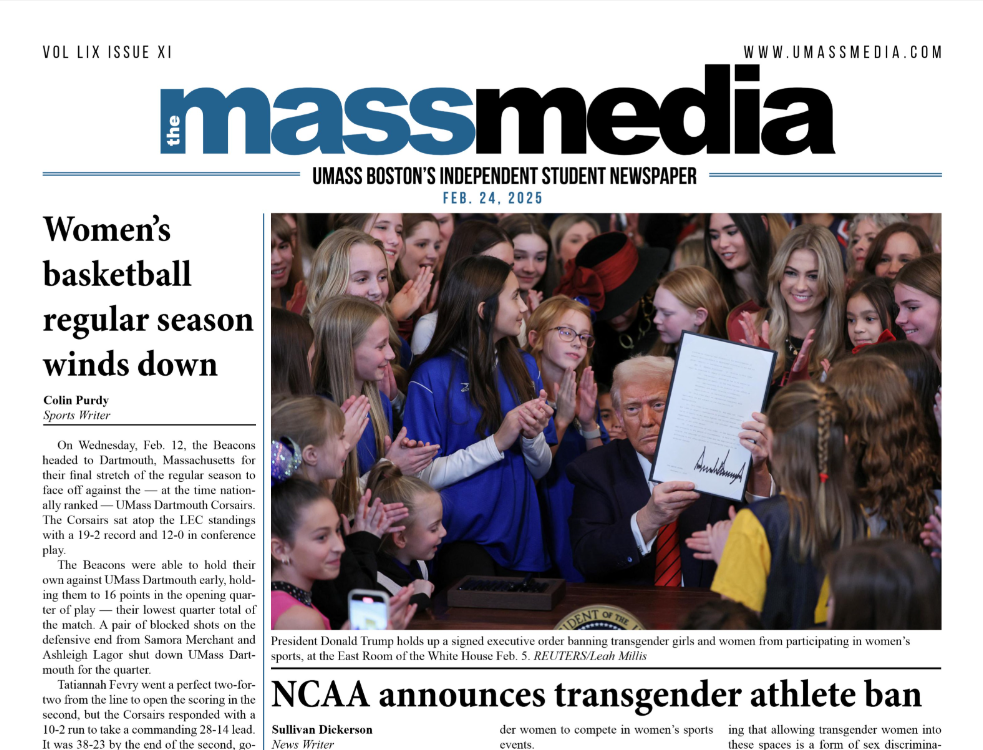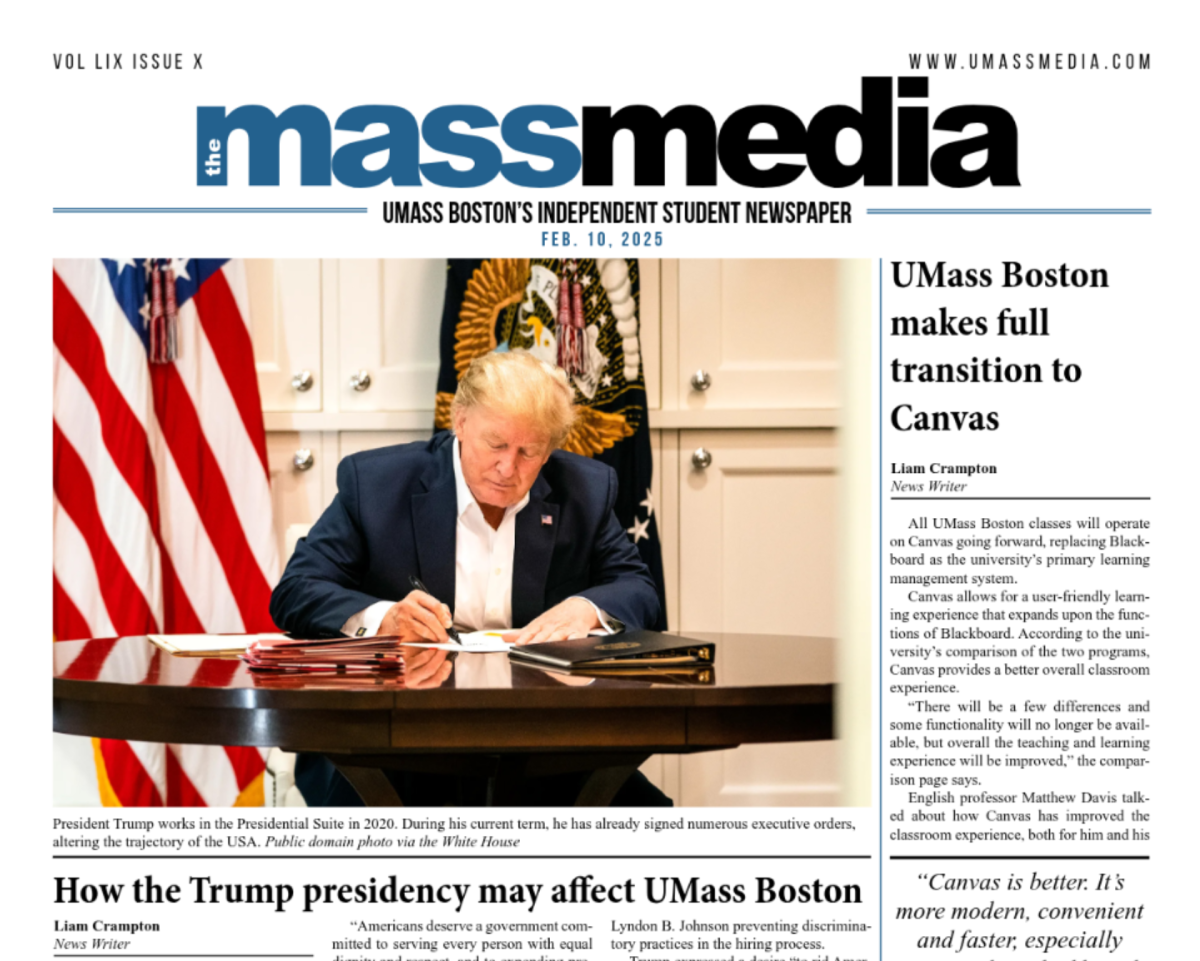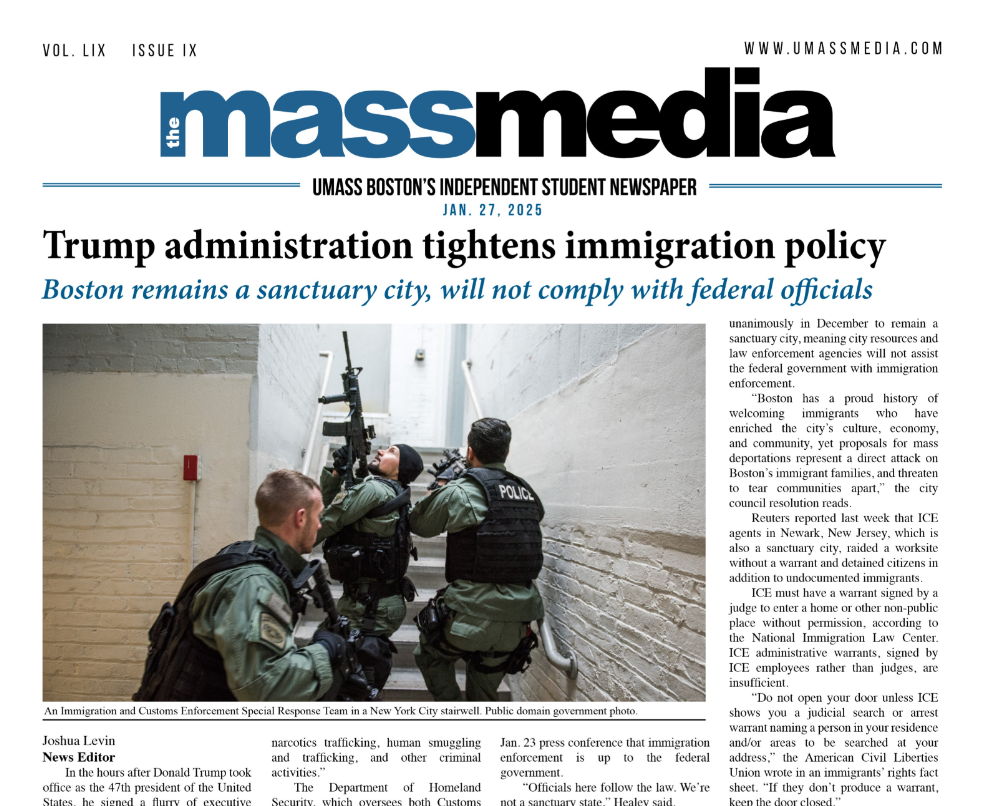Campus Center Complaints Prompt Responses
May 6, 2004
Is the new Campus Center unfriendly to disabled persons and wide open to snoopers? Those are the charges made by Cecilia Blaine, a grad student who is outraged by some of the things she’s seen since the building opened for business, including the infamous “fake Braille” signs that have printed dots instead of raised bumps.Blaine, who spoke to The Mass Media by telephone, was upset about an incident she witnessed almost a month ago in which, “a blind…student who couldn’t see was trying to get into a bathroom, and he ran into the wall three times.” Blaine says that the student, who she did not name, was assisted into the restroom by other students who witnessed the incident.Blaine is also upset about the open offices, which have large windows that look out on the “streets” and catwalks in the building. Blaine says that many of the new offices, including Student Life and University Advising, are set up so that computer screens that display student records are visible to passers-by. “I’m here to tell you, I could go to every level of the Center with a camera phone and take pictures [of computer screens],” said Blaine. After she became concerned about privacy, she made a survey of the building, going from level to level to see what office personnel had left in the open. Blaine also alleges that the exposed offices in the Campus Center violate “confidentiality by-laws” at UMass Boston. University of Massachusetts guidelines on data security state, “ensuring that data are appropriately secured” falls to “campus security specialists.” Additionally, the UMB Registrar’s website notes that, “A federal law called the Family Educational Rights and Privacy Act of 1974” sets out guidelines for access to student records.Anne Devaney, Campus Center director, insists that privacy can be respected in the new office spaces. “We have asked that those who work with sensitive information keep that in mind if their workspace and computer screen are within viewing and/or listening distance. This is a regular topic at meetings about ‘living’ in the Campus Center.”Many of the tenants of the new campus center had expressed concerns about the open offices. A previous Mass Media article reported that the Ross Center for Disability Services was taking special precautions to lock up student records.Devaney says that these are exactly the kind of complaints she wants to hear. “The more we hear…the more we can fine-tune this building.” She continued, “If a student is concerned about a specific situation, we urge her/him to talk with the person involved or the department head to identify and implement a workable solution.Furthermore, Campus Center officials say that changes are on the way, and many inconveniences, like the fake signs, are temporary and will help to avoid mistakes when the permanent signs are put in.The signs that are currently hanging in the Campus center are printed in black on white pasteboard and list a room number, map, and flack black dots to simulate Braille text. Due to budget cuts, the building was opened in stages, with the first tenants moving in even as blue masking tape marked clean spots for construction crews, and the final phases of work still continue. Recycling containers and trash bins are still not present in spots, and furniture is still being placed in lounge and common areas.As a result, signage throughout the building includes taped-up notices or pasteboard.According to university spokesman Ed Hayward and Vice Chancellor of Administration and Finance Stephen Chait, new temporary signs with raised Braille are in the works, and the permanent signs will be printed in “high contrast” and featured Braille text and raised numerals.Carol DeSouza, the campus ADA compliance officer, says that the building is not yet compliant with standards for handicapped access. She has a Braille taping machine that prints raised Braille letters on sticky tape, ready to fix any signs that aren’t Brailled.DeSouza says one of the biggest concerns is the doors throughout the Campus Center. “The weight of the doors, the width of the doors, the power it takes to open the doors,” in addition to carpeting that is difficult for the wheelchair bound to navigate, are all factors that make the Campus Center unfriendly to disabled students.DeSouza says that she’s had a very positive experience with the administration on some of these issues; “all the doors are being remeasured” as a result of a walkthrough by staff of the Ross Center for Disability Services.DeSouza says there are many positive steps being taken. Wiring for emergency phones was already installed in all the offices, but the phones had not been put in place because they weren’t the right color. “I said, ‘who cares about the color? Just put some phones in!'” The emergency phones allow students who can’t quickly exit the building to call emergency services directly and alert personnel to their position.DeSouza says she is happy with the progress being made and feels that access issues are moving in the right direction.”Sodexho food services and eFollet, the bookstore supply, have been supportive…they’ve been great about everything.””I’m very positive about a lot of things over there,” she continued.



